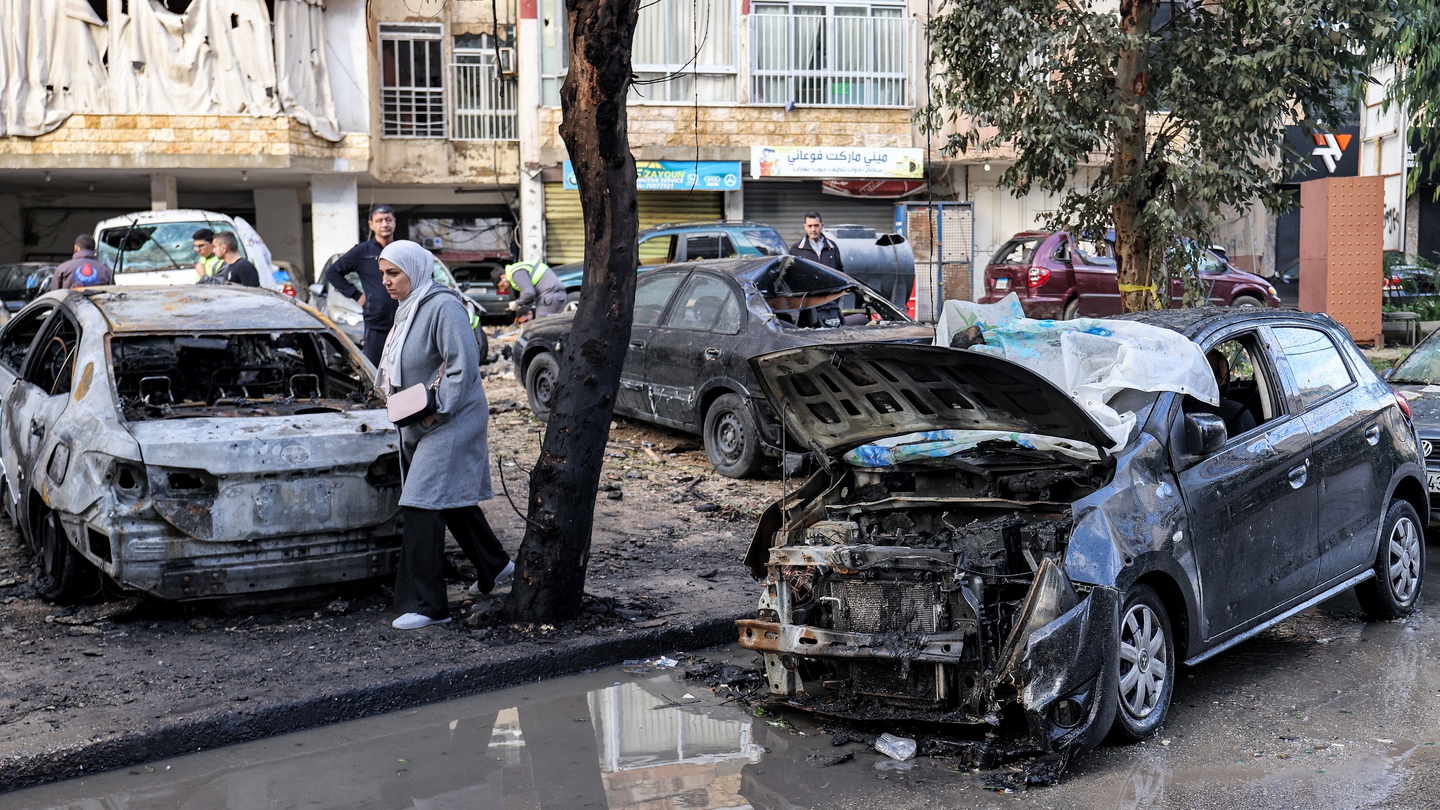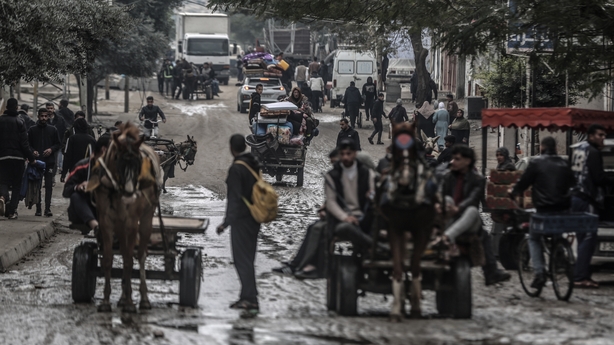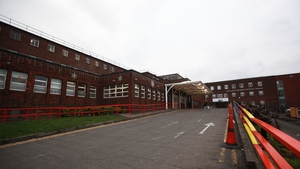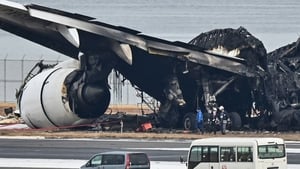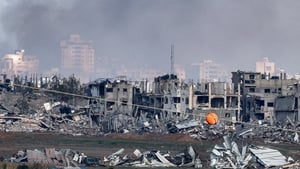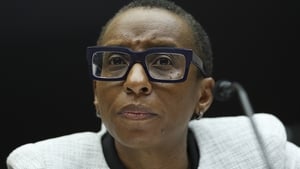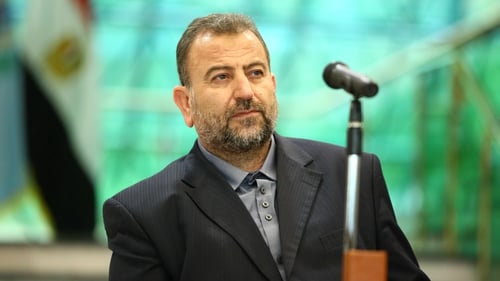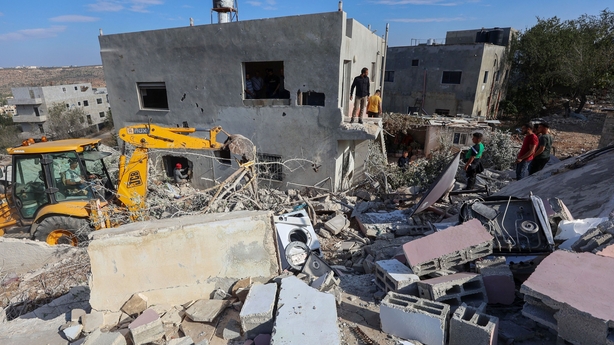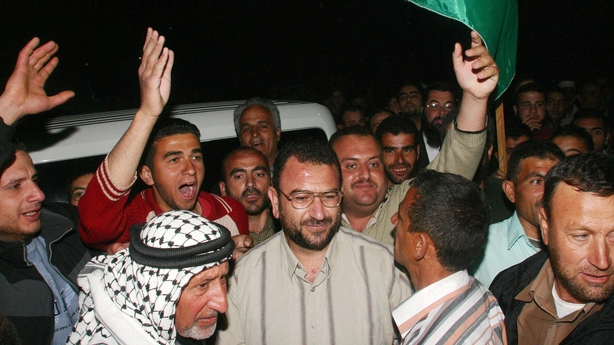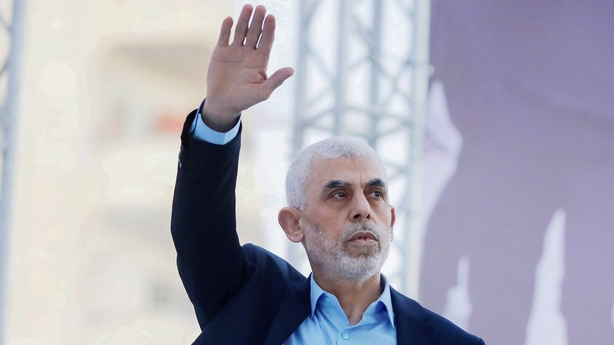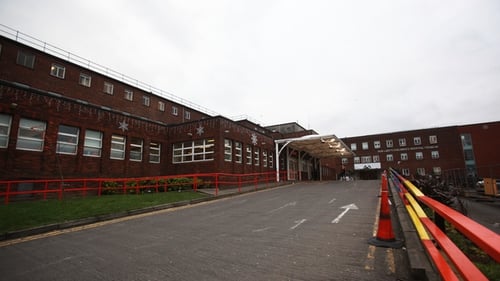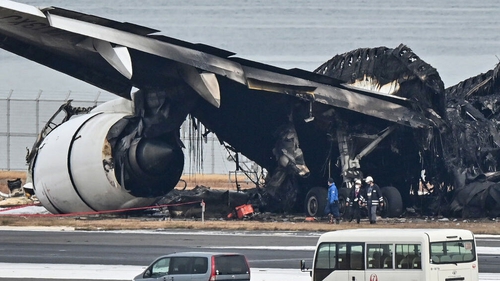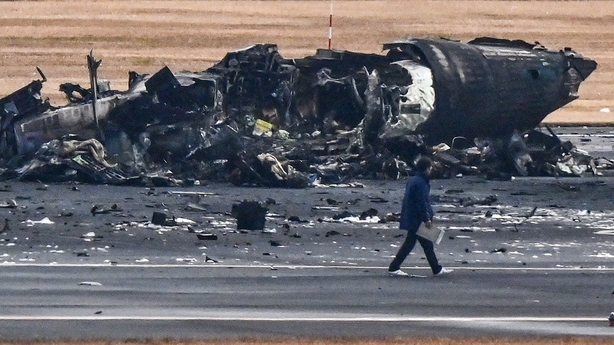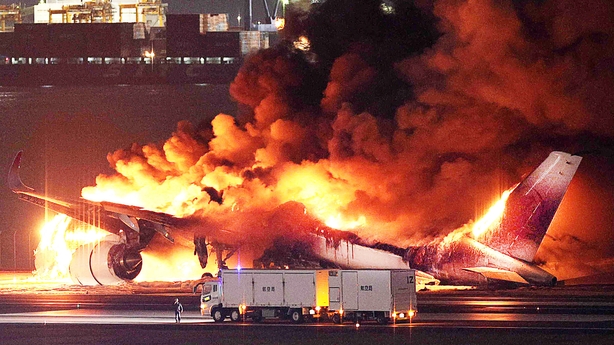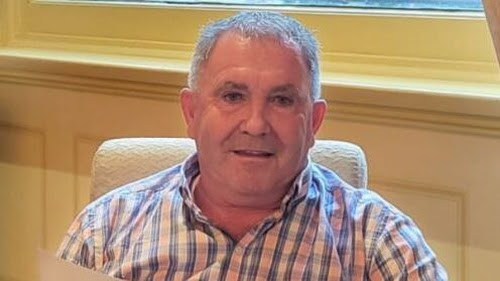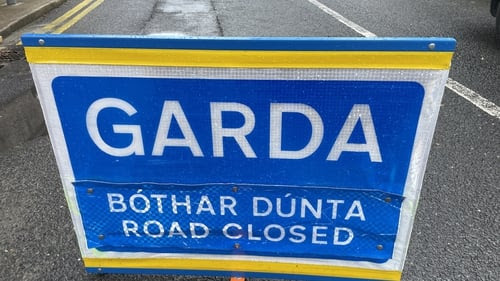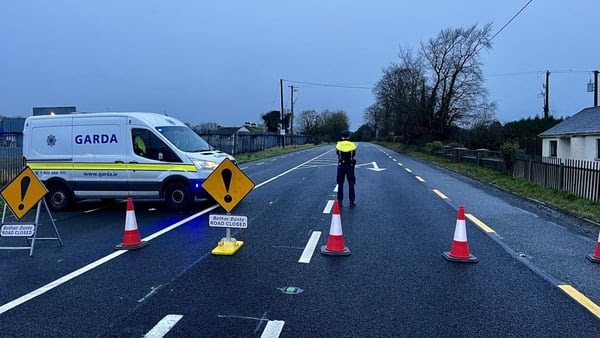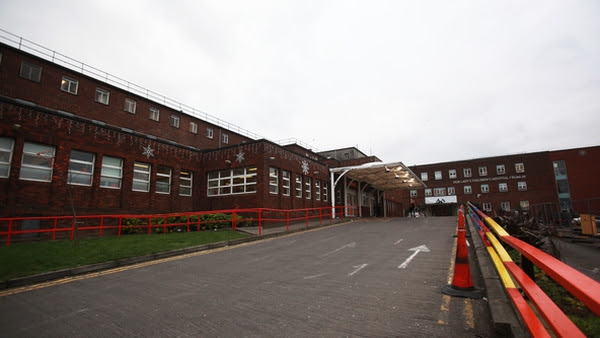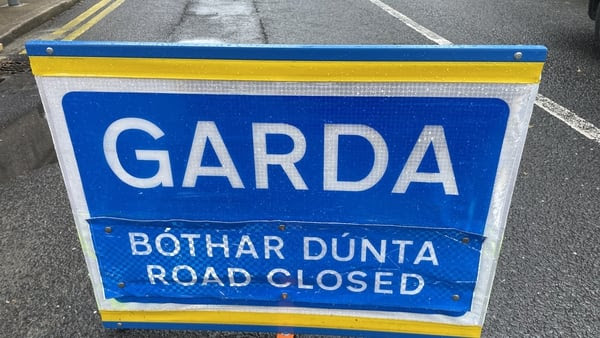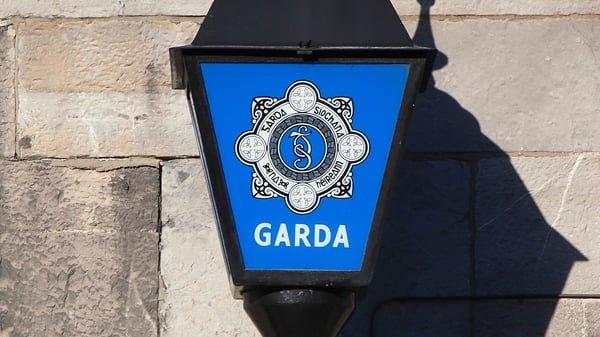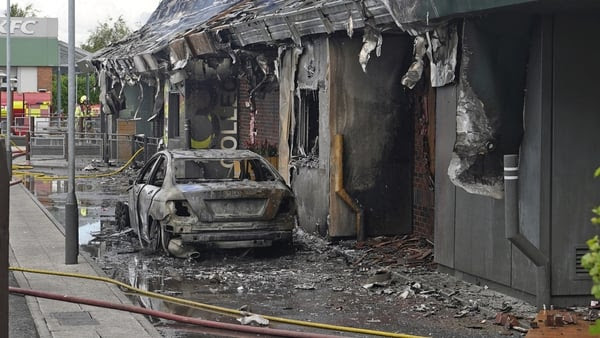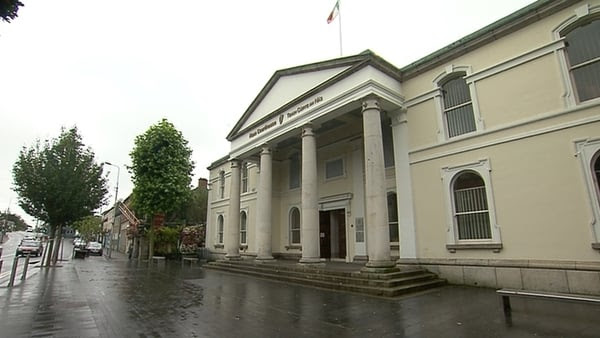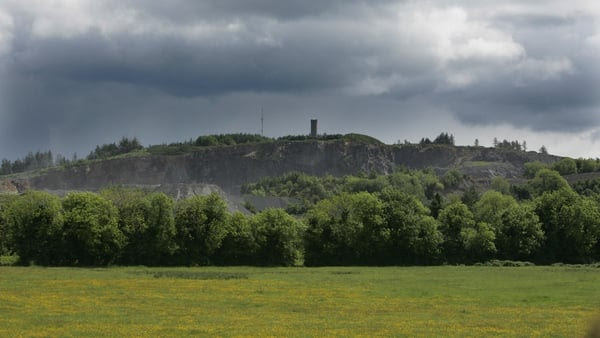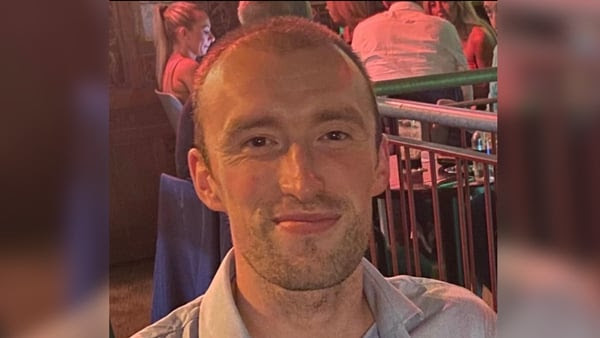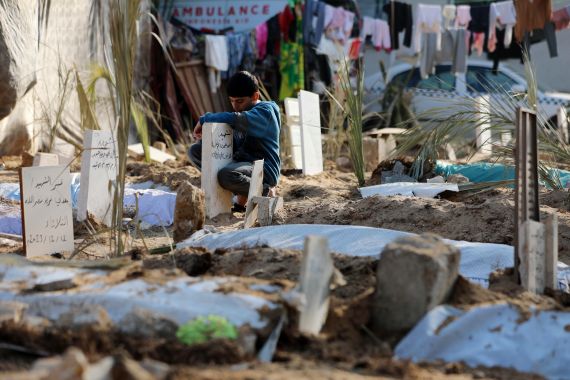Euro INLTV News January 2024
EuroINLTVNewsJanuary2024
-
Handy Easy Email and World News Links WebMail
GoogleSearch INLTV.co.uk YahooMail HotMail GMail -
AOLMail Twitter euronews.com/live aljazeera.com/live
USAMAIL W
ikiLeaks wikipedia.org Facebook INL News MyWayEmail INLNews AWN. bz rte.ie/player/NEWS - news.sky.com/watch-live New York Post nypost.com YouTube
INLTV News Release Secret Report Analyzing who, how and why Sparked The Israel Gaza War
-
Israel's Genocide Of Palestinian People In Gaza 29th December 2023
- RTE INLTV Irish And International News 5th January 2024

 3:44
3:44INLTV News American Union Made The Holy Anarchy Band Urban Disaster Records
INLTV.co.uk and USAWeekly.com.au News ExclusiveNew York Times For You
New York Times
NEWS YOU MAY HAVE MISSED
17th January 2
Iranian Strike Leaves Pakistan With No Easy Options for Response
China Told Women to Have Babies, but Its Population Shrank Again
Iran Says Missile Strikes Show It Will Be ‘Tough and Decisive’ With Foes
Electric Car Owners Confront a Harsh Foe: Cold Weather
Conservative Justices Appear Skeptical of Agencies’ Regulatory Power
What Makes Nikki Haley Tougher Than the Rest
She’s seen as a descendant of the Republican establishment, but she’s actually the kind of bruiser who’s in line with the current G.O.P. vibe.
The Story Ron DeSantis Does Not Tell Is His Own
Ron DeSantis has made lots of changes to try to revamp his struggling campaign. But he rarely tries talking about himself
Their Songs Were Stolen by Phantom Artists. They Couldn’t Get Them Back.
Bad Dog, a group from D.C., was forced to take a crash course in streaming fraud, a shadowy realm that costs musicians $2 billion a year.

After Years in Washington, a Couple Found More Value in Baltimore. What Could They Afford?
Figuring they would need to retire and sell their business before they could afford a new home in the D.C. area, two empty nesters pulled up stakes and tried a place with ‘more bang for your buck.'
When Mean Girls Grow Up
Two decades ago, Rosalind Wiseman defined teen-girl dynamics and inspired Tina Fey’s cult classic movie. Now she helps the adult women who can’t escape high school.
MORE TO DISCOVER From the New York Times
For Biden, Another Trump Nomination Presents Opportunity, and Great Risk
Some Democrats consider the former president the Republican they would have the best chance against this fall, but also the one they most fear the consequences of losing to.

What Will Be Nominated for Oscars Next Week, and What Won’t?
While “Oppenheimer,” “Barbie” and “Killers of the Flower Moon” are likely to do well, the directors race is hardly set and other categories are open, too.

Opinion | The Genocide Charge Against Israel Is a Moral Obscenity
In a war, the killing ends when one side stops fighting. In a genocide, that’s when the killing begins.
For More Plant-Based Protein in Your Diet, Try These Legumes
You don’t even need to turn on the stove.

How Much Ice Is Greenland Losing? Researchers Found an Answer.
The island is shedding 20 percent more than previously estimated, a study found, potentially threatening ocean currents that help to regulate global temperatures.

A 2024 Vulnerability
The Democrats are out of step with public opinion when it comes to immigration.

ABC News Cancels G.O.P. Debate After Haley Demands Trump Appear, Too
Nikki Haley said she would not agree to more debates unless Donald Trump was onstage with her. Another debate, on CNN, was in doubt before the New Hampshire primary next week

Opinion | Team Biden Needs a Reset on Israel
The administration has failed to achieve its goals on Israeli policies and actions. It should change course.
New York Times
New York Times NEWS YOU MAY HAVE MISSED
January 16, 2024
How Trump, DeSantis and Haley’s Teams Are Thinking About Turnout in Iowa
ow Trump, DeSantis and Haley’s Teams Are Thinking About Turnout in Iowa
As Trump Continues to Insult E. Jean Carroll, 2nd Defamation Trial Opens
How Trump Sidestepped the Tradition of Iowa Pandering
What to Watch For in the 2024 Iowa Caucuses
Gilgo Beach Serial-Murder Case Hangs on a Single Strand of Hair#
Gilgo Beach Serial-Murder Case Hangs on a Single Strand of Hair
FROM OPINION
DAVID FRENCH
This Is the Actual Danger Posed by D.E.I.
The problem is when admirable goals are pursued through illiberal or unconstitutional means.
NICHOLAS KRISTOF
The Things We Disagree on About Gaza
Readers challenge me on my criticism of Israel’s bombardment.
PETER COY
The Scariest Part About the Boeing 737 Max 9 Blowout
What I heard wasn’t necessarily reassuring
JOHN MCWHORTER
Claudine Gay Was Not Driven Out Because She Is Black
Opposing D.E.I. is not the same as racism
JAMELLE BOUIE
Imagine if Trump Loses
Resistance to his candidacy is not futile
Tomorrow: Guest Essays From Opinion
Every day we’ll feature stories from a different section. Check back daily
MORE TO DISCOVER IN The New York Times
They Thought They Knew Death, but That Didn’t Prepare Them for Oct. 7
Volunteers with ZAKA, an Israeli group that recovers dead bodies, were among the first to reach the victims of the Hamas-led attacks. The trauma of what they witnessed may last a lifetime.
Flush With Investment, New U.S. Factories Face a Familiar Challenge
Worries are growing in Washington that a flood of Chinese products could put new American investments in clean energy and high-tech factories at risk.
Critics Choice Awards 2024: All the Must-See Red Carpet Looks
Dizzying necklines, shimmering fabrics and bows that would not be ignored: Here’s what you missed as the stars arrived.

Volcano Erupts in Iceland, Sending Lava Flowing Into Small Town
The latest eruption happened along a row of volcanoes on the Reykjanes Peninsula, where a fissure opened in December, creating a river of lava.
The Whale Who Went AWOL
Hvaldimir escaped captivity and became a global celebrity. Now, no one can agree about what to do with him.
Do You Have ‘Bookshelf Wealth’?
A TikTok home-décor trend has irked some bibliophiles.
A Fight Over a Fishing Regulation Could Help Tear Down the Administrative State
The Supreme Court will hear arguments on Wednesday over whether to overturn a key precedent on the power of executive agencies
Is Israel Part of What It Means to Be Jewish?
Some progressive Jews are embracing “diasporism” — reimagining their faith as one that blesses their lives in America and elsewhere.
Israel's Genocide Of Palestinian People In Gaza 29th December 2023 - INLTV Al Jazeera News 6thJanuary2023 Part 1
- INLTV Al Jazeera News 6thJanuary2023 Part 2
INLTV Al Jazeera News 6thJanuary2023 Part3

INLTV Al Jazeera News 6thJ anuary2023 Part 4.
Israel Knew Hamas’s Attack Plan More Than a Year Ago
A blueprint reviewed by The Times laid out the attack in detail. Israeli officials dismissed it as aspirational and ignored specific warnings.
Israelis Fear Assassination of Hamas Deputy May Disrupt Hostage Talks - The New York Times
Israelis Worry a Blow Against Hamas May Bring Blowback
Israelis welcomed news that a top Palestinian militant had been killed, but feared that it might impede the release of hostages and kindle a broader war.
-
Click Here for INL News Amazon Best Seller Books
- INLTV Sky News 6th January 2023 Part1
INLTV Euro News Japanese Earth Quake 6thJanuary2023 Part1
INTV Euro News 6th January2023 Part2
INLTV Euro News Brussels My Love 6th January2023 Part1
INLTV Euro News Brussels My Love 6th January2023 Part2
INLTV Euro News Brussels My Love 6th January2023 Part3
Rising Tensions in West Asia ISIS Strikes Iran INLTV News with Palki Sharma
Turkey detains 34 on suspicion of spying for Israel - BBC News
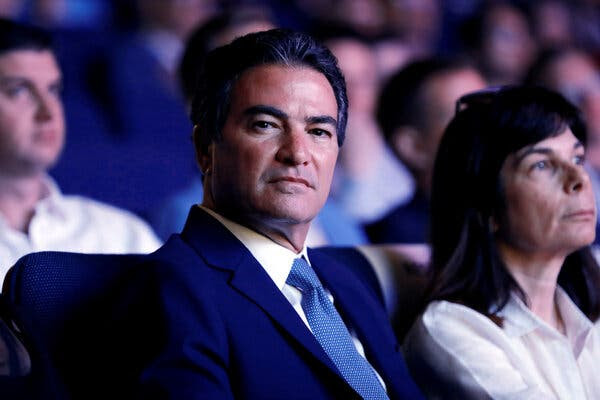
Yossi Cohen in 2019 in Tel Aviv. As chief of Mossad in 2016, he dismantled Harpoon.

Tamir Pardo, a former head of Mossad, in September in Herzliya, Israel. The Harpoon Task Force, he said, was “one of the most important tools the Mossad had.”
Israel Knew Hamas’s Money Source Years Before Oct. 7 Attacks - The New York Times
2018: The Big Break
Exactly how Israeli intelligence obtained the ledgers — whether from an informant or a computer hack — remains unclear. But in 2018, the team got the proof it had been seeking.
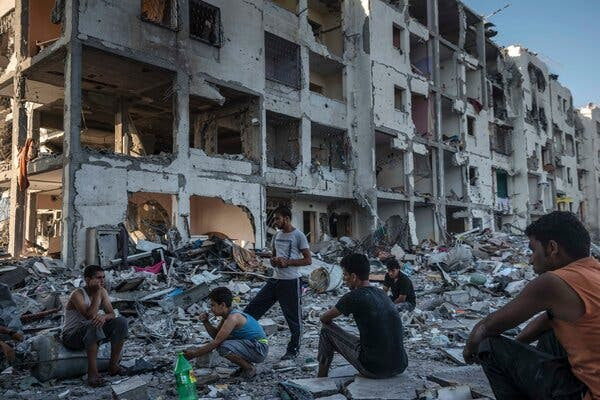
Residents in 2014 outside their destroyed homes in Beit Lahia, in the Gaza Strip
2019: Turkey
Though the investment portfolio spanned many countries, Turkey was key.
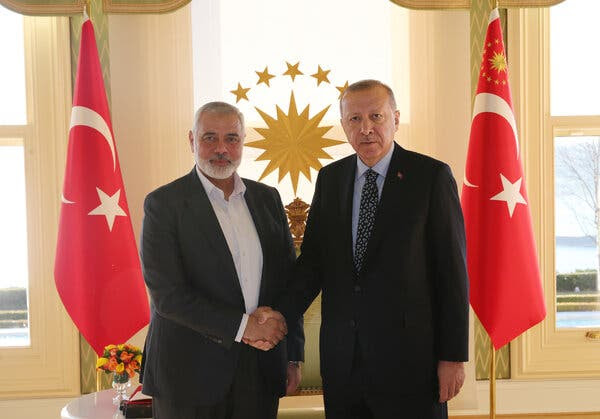
In a photograph provided by state media, President Recep Tayyip Erdogan of Turkey, right, is seen meeting with Ismail Haniyeh, Hamas’s political chief, in 2020 in Istanbul.
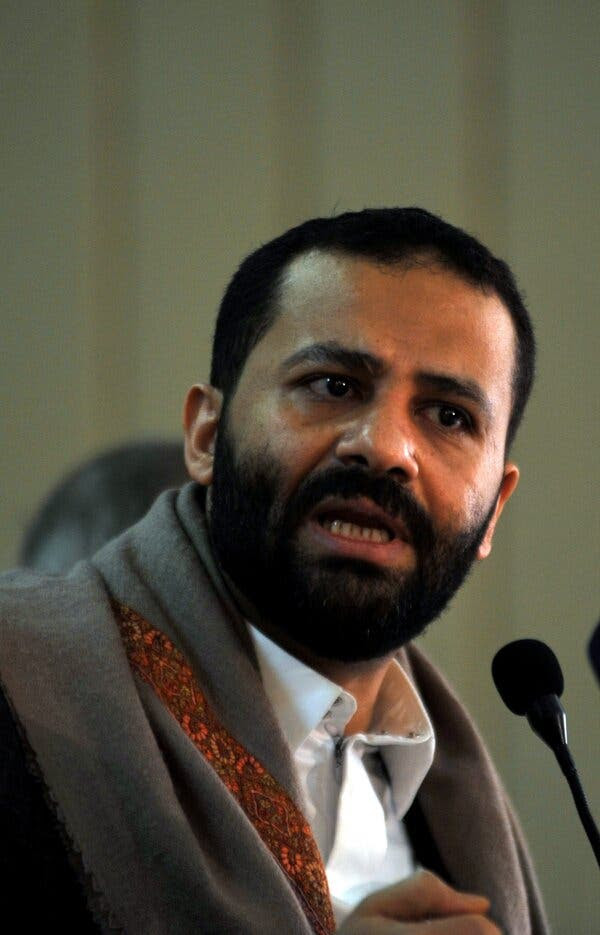
Hamid Al Ahmar
Please read these full stories further down this www.inltv.co.uk webpage
Palestinians Surviving Winter In Gaza Without Enough Food and Water
Al Jazeera INLTV News 4th January 2024
INLTV Al Jazeera News 4th January 2024 Part 3
Al Jazeera INLTV News 4th January 2024 Part 4
EURO INLTV News 4th January 2024 Part 1.
EURO INLTV News 4th January2024 Part 2
Al Jazeera INLTV News 4th January 2024 P1
Al Jazeera INLTV News 4th January 2024 P2
Al Jazeera INLTV News 4th January 2024 P3
Al Jazeera INLTV News 4th January 2024 P4
Al Jazeera INLTV News 4th January 2024 P5
Sky INLTV News 4th January 2024 Part 1
Sky INLTV News 4th January 2024 Part 2
Sky INLTV News 4th January 2024 Part 3
Sky INLTV News 4th January 2024 Part 4
Sky INLTV News 4th January 2024 Part 5
Sky INLTV News 3rd January 2024 P1
National and International News
RTE INLTV News 2nd January 2024
National and International News
Al Jazerra INLTV News 3rd January 2024 Part Two
Al Jazerra INLTV News 3rd January 2024 Part Three
INLTV.co.uk Flue Vaccination Clinics Open In Ireland 29th December 2023






-
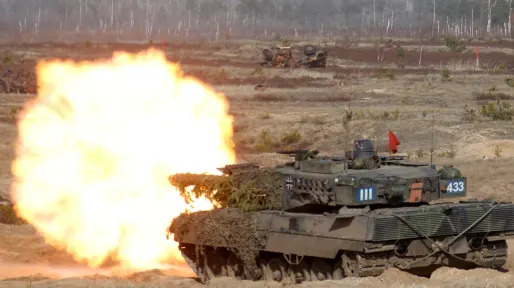 The Telegraph
The TelegraphEU condemns Germany for pledging £6bn Ukraine aid
The European Commission has rebuked Germany for unilaterally pledging £6 billion in aid for Ukraine in the latest twist in a row between Paris and Berlin over support for Kyiv.
-
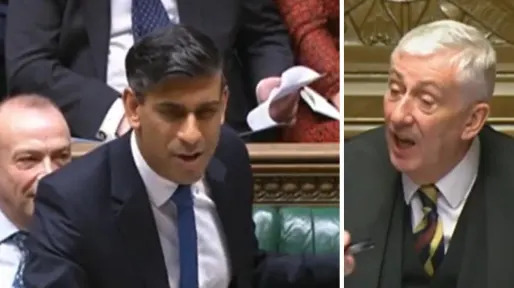 The National
The National'Sit down': Speaker tells off Rishi Sunak after prop stunt at PMQs
RISHI Sunak was admonished by the Speaker at Prime Minister’s Questions ...
-
 The Telegraph
The TelegraphSaint Nicola is set for her greatest humiliation yet
The UK Covid inquiry is heading for Edinburgh, where it will hear evidence on what happened north of the border during the pandemic, and who was to blame.
-
 The Telegraph
The TelegraphCouncil tax funnelled into gold-plated pensions as services crumbl
Council tax money is being used to help fund gold-plated pensions at local authorities that have declared effective bankruptcy, even as public services are cut to minimum levels.
-
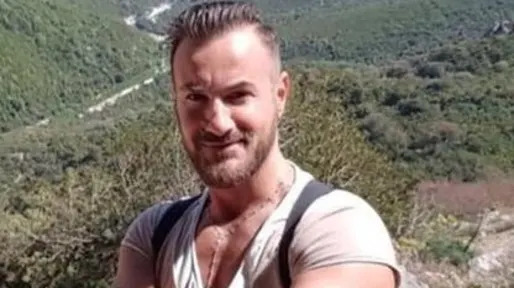 The Telegraph
The TelegraphLondon Airbnb host raped by her first guest, court told
A new Airbnb host was raped by her first guest, who then told her: “I’ll leave a good review”, a court has been told.
-
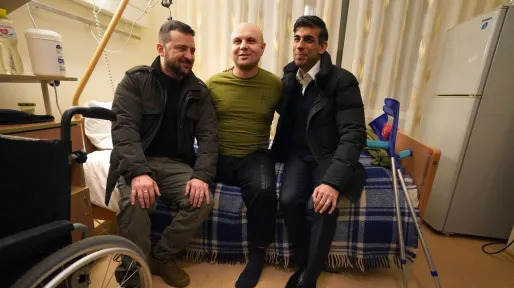 Evening Standard
Evening StandardRussia caught in embarrassing Photoshop fail trying to slur Volodymyr Zelensky
Russian Foreign Ministry mocked over bungled Photoshop
-
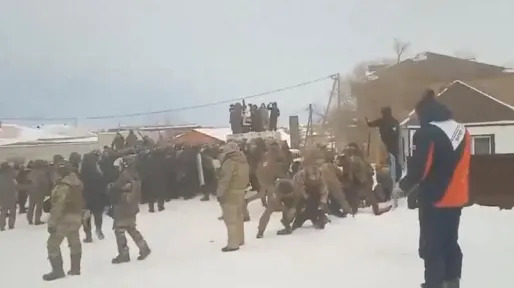 The New Voice of Ukraine
The New Voice of UkraineLargest protests in Russia for years: thousands protest in Bashkortostan after local activist sentenced to prison, clashes and arrests repor
Up to 10,000 people gathered outside a court in the city of Baymak in the Russian Republic of Bashkortostan on Jan. 17 to protest a four-year prison sentence handed down to prominent Bashkir activist Fail Alsinov, according to The Insider Telegram channel.
-
 Business Insider
Business InsiderRussia has shifted beyond its 'stupid' missile attack strategy, and it is bad news for Ukraine
Russia's targeting of energy systems has brought little success. Now it's increasingly targeting Ukraine's ability to make the weapons troops need.
-
 The New Voice of Ukraine
The New Voice of UkrainePutin creating conditions to invade NATO-aligned Baltic states, ISW analysis
Russian dictator Vladimir Putin continues to show that Russia is not interested in serious peace negotiations with Ukraine and remains steadfast in its aggressive intentions towards the Baltic countries, according to a new report from the Institute for the Study of War (ISW) dated Jan. 16.
-
 HuffPost
HuffPost‘I’m Sorry’: Rachel Maddow Whispers A Harsh Truth For Donald Trump Fans
Following Trump's win at the Iowa caucuses, the MSNBC anchor aimed to burst his supporters' bubble with analysis of a new poll.
-
 HuffPost
HuffPostTrump's E. Jean Carroll Tirade Comes Back To Bite Him Hours Later
The former president unleashed an onslaught of attacks against the writer suing him for defamation.
-
 HuffPost
HuffPostEx-DOJ Official Lays Bare Trump’s Latest ‘Preposterous And Horrible’ Tactic
Neal Katyal drew a direct line between the former president and the harassment of officials involved in his legal cases.
-
 Business Insider
Business InsiderWhat are the mysterious red marks on Trump's hand?
It's not clear what caused the dots. Based on previous photos, it is apparent that whatever caused them happened after Trump's New Hampshire rally.
-
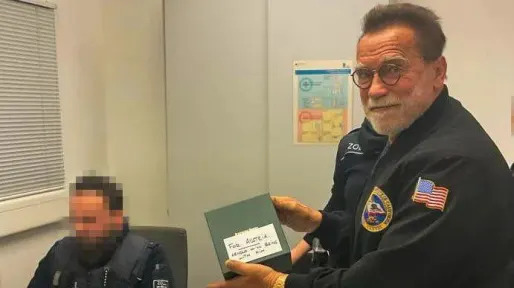 The Telegraph
The TelegraphArnold Schwarzenegger held at German airport over failure to declare £20,000 watch
Arnold Schwarzenegger was detained at Munich Airport after failing to declare a luxury watch while on his way to a climate change fundraiser.
-
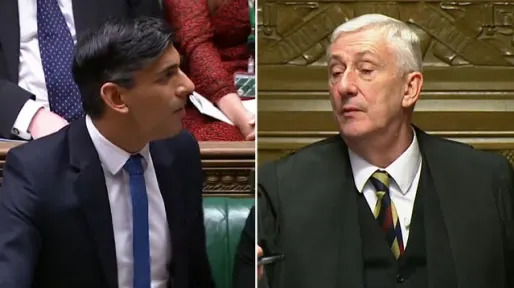 The Independent
The Independent‘When I stand up, you sit down’: House speaker warns Rishi Sunak during heated PMQs
‘When I stand up, you sit down’: Sir Hoyle warns Rishi Sunak during heated PMQsSource: Reuters
-
 The Telegraph
The TelegraphPost Office investigators who ‘repeatedly misled’ Scotland prosecutors could face charges
Post Office investigators who “repeatedly misled” the Crown Office in Scotland by saying evidence from the Horizon system was reliable could face prosecution, the country’s most senior law officer has warned.
-
 The Telegraph
The Telegraph‘Handsome’ Farage makes surprise appearance at Trump’s Iowa victory party
Follow the latest updates from the Iowa caucus in our live blog
-
 HuffPost
HuffPostLawrence O’Donnell Gives Donald Trump Lawyer Alina Habba A Damning New Title
It was inspired by Habba's courtroom admission.
-
 The Guardian
The GuardianTories reach new levels of derangement as MPs debate Rwanda bill
Nothing illustrates party’s ongoing meltdown better than its obsession with scheme that is never going to work
-
 Yahoo News UK
Yahoo News UKHow much do you want Donald Trump to win the US election? Poll of the week
Former US president Donald Trump has started an electoral journey that he hopes will take him back to the White House, but do you want him there?
-
 HuffPost
HuffPostTrump Makes Baffling Claim About His Own History During Rambling Iowa Victory Speech
The former president told another whopper after winning the Republican caucuses.
-
 Snopes
SnopesFact Check: Actual Putin Quote Displayed on Electronic Billboard in Moscow: 'Russia's Borders Do Not End Anywhere'
"In other words: Russia is a State of Mind," one X user commented on the viral billboard.
-
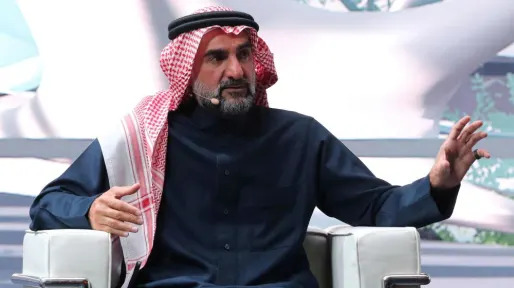 The Guardian
The GuardianNewcastle chairman faces £58m lawsuit for ‘carrying out’ malicious instructions
Newcastle United’s chairman, Yasir al-Rumayyan, is alleged to have ‘carried out the instructions’ of Saudi Arabia’s crown prince Mohammad bin Salman with ‘malicious intent’
-
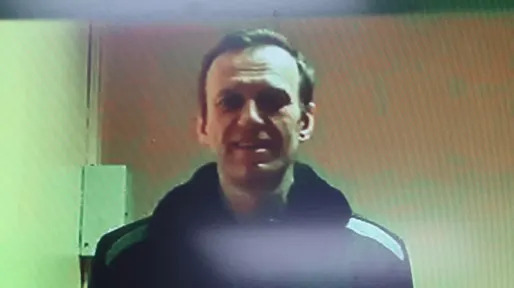 Reuters
ReutersFrom an Arctic prison, Navalny says Putin's Russia will one day crumble
Russia's most famous opposition politician, Alexei Navalny, said on Wednesday that President Vladimir Putin's state would one day crumble along with the post-Soviet elite which he cast as venal, power-hungry and duplicitous. Navalny, 47, a former lawyer who rose to prominence more than a decade ago by lampooning Putin's elite and voicing allegations of vast corruption, is currently in a jail about 60 km (40 miles) north of the Arctic Circle. "Lies, lies and nothing but lies," Navalny said.
-
 The New Voice of Ukraine
The New Voice of UkraineSuicide dive by Ukrainian drone thwarts Russian drone seconds before likely deadly attack – video
Rare frontline footage of an incredible aerial battle between Ukrainian and Russian drones was published on Wararchive_UA Telegram channel on Jan. 16.
-
 The Independent
The IndependentKim Jong-un declares South Korea his No 1 enemy and orders father’s unification arch be destroyed
North Korea to abolish all reconciliation agencies and calls for constitution change to depart from peaceful unification
-
 Business Insider
Business InsiderLeaked German military documents laid out a doomsday scenario where Russia wins in Ukraine then invades Europe
According to the documents, in a worst-case scenario, Russia could follow up a win in Ukraine by attacking NATO's eastern flank
-
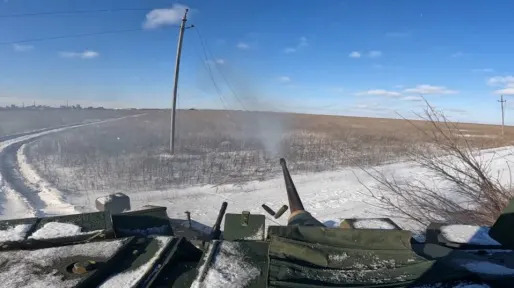 CNN
CNNNew video shows how US weapons are obliterating Russian positions in Ukraine
While western support for Ukraine’s campaign is waning in some corners, one U.S.-made machine is helping Ukraine stay in the fight. CNN’s Fred Pleitgen reports.
-
 The Telegraph
The TelegraphBBC accused of ‘wilful blindness’ to anti-Semitism in latest Lineker row
The BBC appears “wilfully blind” to anti-Semitism by failing to take action over Gary Lineker’s latest social media controversy, a former executive has said.
-
 Evening Standard
Evening StandardManhunt for Tube robbers who told victim to hand over phone at London Underground station or be stabbed
Police have issued CCTV images of four people they would like to speak to
-
 The National
The NationalMPs vote down bid to devolve powers over independence referendums to Scotland
A WESTMINSTER bid to give Holyrood the power to legislate for a Scottish independence referendum has failed ...
-
 HuffPost
HuffPostJohn Cusack Shares Chilling Warning About 'Nazis Running For Office' In America
Cusack called out extremists after learning that a Philadelphia Holocaust memorial was hit with antisemitic graffiti over the weekend.
-
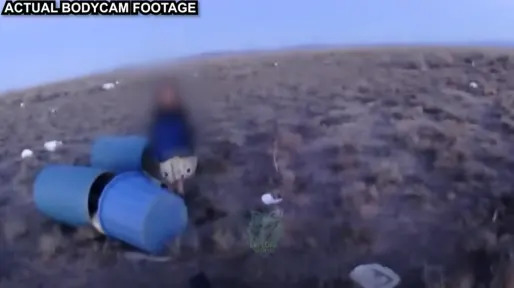 The Independent
The IndependentHarrowing video shows moment young girls rescued from Utah doomsday cult
Two girls were found inside barrels near a remote compound
-
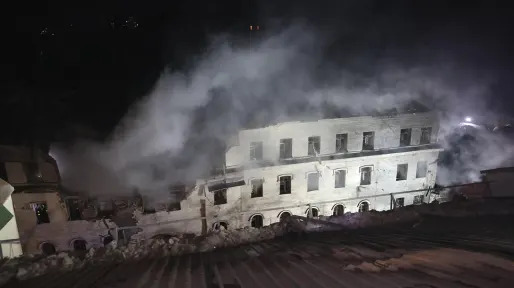 Associated Press
Associated PressTop NATO military officer urges allies and leaders to plan for the unexpected in Ukraine
Ukraine is locked in an existential battle for its survival almost two years into its war with Russia and Western armies and political leaders must drastically change the way they help it fend off invading forces, a top NATO military officer said on Wednesday. At a meeting of the 31-nation alliance’s top brass, the chair of the NATO Military Committee, Admiral Rob Bauer, also said that behind President Vladimir Putin’s rationale for the war is a fear of democracy, in a year marked by elections around the world. Over two days of talks in Brussels, NATO’s top officers are expected to detail plans for what are set to be the biggest military exercises in Europe since the Cold War later this year.
-
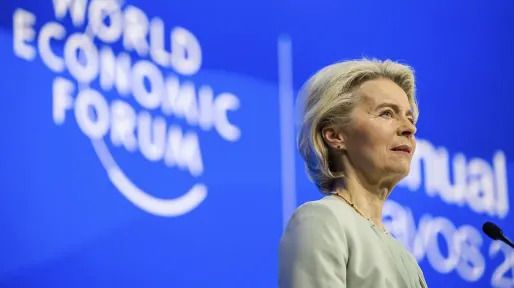 Euronews
EuronewsEU will approve €50 billion for Ukraine with or without Hungary, vows von der Leyen
The European Union will, if needed, find a way to bypass Viktor Orbán's veto and approve the €50-billion special fund for Ukraine, Ursula von der Leyen said on Tuesday.
-
 Bucks Free Press
Bucks Free PressConservatives are expected to lose High Wycombe seat by HUGE margin
It has been predicted that the Labour Party are expected to win the High Wycombe seat from the Conservatives at this year’s General Election.
-
 The Telegraph
The TelegraphBlack teacher who ‘relentlessly’ rowed about racism with colleagues wins discrimination payout
A black teacher who “relentlessly” rowed about racism with colleagues has won a discrimination claim against her former school.
-
 The Telegraph
The TelegraphGovernment ‘wasting more than £10 billion a year’, warns spending watchdog chief
More than £10 billion of taxpayers’ money is being wasted by the public sector every year, the head of Britain’s spending watchdog will warn
-
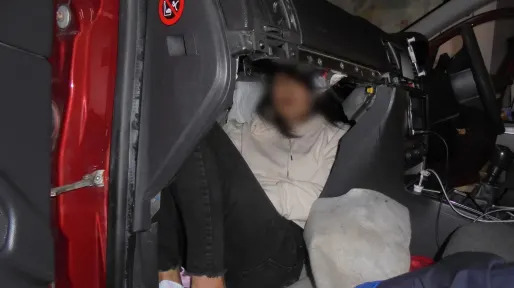 The Telegraph
The TelegraphMan jailed for smuggling woman into the UK behind his glove box
A people smuggler has been jailed for trying to sneak a Vietnamese woman into the UK by cramming her into the dashboard of his car.
-
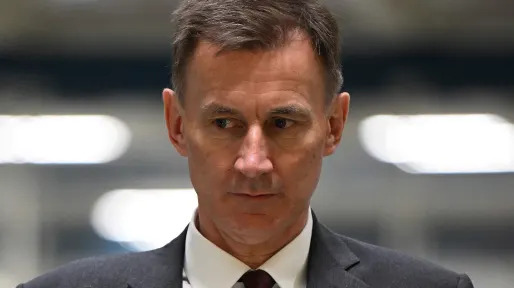 The Telegraph
The TelegraphEarly rate cuts in doubt after Hunt tax raid
Jeremy Hunt’s cigarette tax raid has fuelled a shock rise in inflation, official figures show.
-
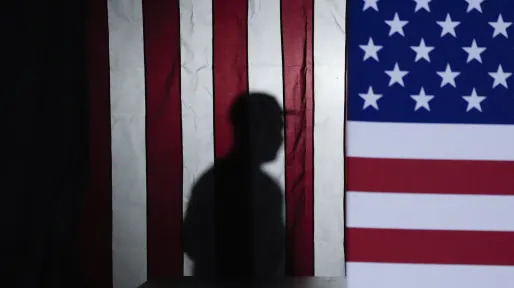 Associated Press
Associated PressJudge says No Labels can block candidates from running for offices other than president in Arizona
No Labels, the group preparing for a possible third-party presidential campaign, can prohibit members from using its ballot line to run for office in Arizona, a federal judge ruled Tuesday. The decision protects the group's efforts to maintain control and secrecy around its operations and finances as Donald Trump critics warn that No Labels could help return Trump to the White House by siphoning voters who might otherwise vote for President Joe Biden. A judge blocked Arizona Secretary of State Adrian Fontes from recognizing candidates wanting to run for office under the No Labels banner aside from the party's yet-to-be-chosen ticket for president and vice president.
-
 HuffPost
HuffPostVirginia County Admits 2020 Vote-Count Error... In Trump's Favor
Joe Biden was shorted by thousands of votes against Trump in Virginia, the election office revealed.
-
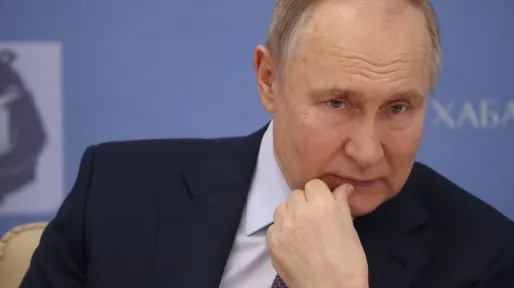 HuffPost UK
HuffPost UKRussia's Foreign Ministry's Trolling Attempt Backfires – Badly
An attempted diss of Rishi Sunak and Volodymyr Zelenskyy went awry.
-
 Lancashire Telegraph
Lancashire TelegraphFour men jailed for total of more than 85 years for revenge attack killing
Four men have been jailed for a total of more than 85 years for killing a 44-year-old in a revenge attack
-
 Sky News
Sky NewsNicholas Rossi: Rape suspect who 'faked death' makes bizarre Utah court appearance after extradition from UK
A rape suspect accused of faking his own death has made a bizarre first appearance in a US court after being extradited from Scotland. Nicholas Rossi was flown out of the UK a few weeks ago after a long-running court battle during which he claimed to be a victim of mistaken identity. Rossi spoke in an apparent English accent at a Utah court on Tuesday, referring to the judge as "m'lady" and saying claims he wasn't giving his true name were "complete hearsay".
-
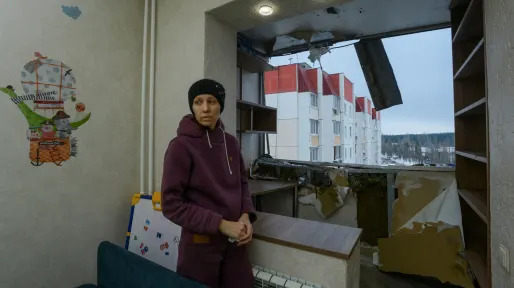 The Telegraph
The TelegraphRussian city declares state of emergency after Ukraine drone attack
A state of emergency has been declared in the Russian city of Voronezh after Ukraine reportedly launched an overnight drone attack that damaged several buildings and wounded two children.
-
 The Telegraph
The TelegraphDavid Amess’s daughter sues police for failing to stop terrorist killer
The daughter of Sir David Amess is suing a police force and the Home Office over their failure to stop the terrorist who killed him.
-
 The Guardian
The GuardianTrump: The Return? review – it makes me wonder if Trumpers have a point
Robert Moore’s documentary about the US possibly having a ‘president serving from prison’ is baffling – and he fails to learn why so many people see the appeal
-
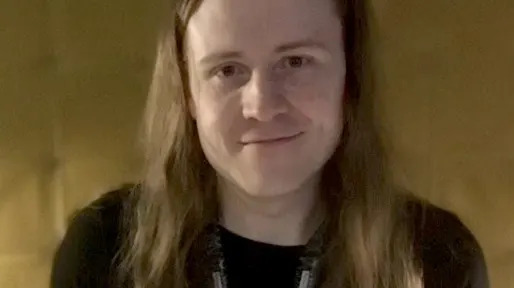 The Telegraph
The TelegraphNon-binary US citizen loses attempt to have gender recognised in U
A non-binary US citizen has lost their bid to have their gender legally recognised in the UK, after High Court judges rejected their case.
-
 Swindon Advertiser
Swindon AdvertiserTwo immigration arrests made as police crack down on fast food drivers
Two people were arrested in Swindon as vehicles were seized as police cracked down on fast food drivers.
-
 Sky News
Sky NewsPolice search Gibraltar car park for Royal Navy sailor missing since 1986
Detectives investigating the disappearance of a Royal Navy sailor more than 37 years ago are searching a car park in Gibraltar after receiving new information. Simon Parkes, from Bristol, was last seen in December 1986 when the ship he was serving on, HMS Illustrious, was docked in the territory. Police have previously carried out digs at a cemetery in Gibraltar.
-
 HuffPost
HuffPostEx-RNC Chair Identifies Major Misconception About Donald Trump, GOP Primaries
Michael Steele urged people to "be realistic" about what's really going on.
-
 The Independent
The IndependentRussia ally Belarus to permit use of nuclear weapons for first time in new military rulebook
Belarus has supported Russia throughout war in Ukraine in various ways, including hosting Putin’s invading forces prior to February 2022
-
 PA Media: UK News
PA Media: UK NewsFirst Minister’s brother-in-law arrested over window fall incident
A man was taken to hospital with serious injuries.
-
 Business Insider
Business InsiderRussia is recruiting 30,000 new soldiers a month, enough to replace the ones thrown into the meat grinder in Ukraine, war analysts say
Vadym Skibitskyi, deputy chief major general of Ukraine's main military intelligence arm, said Russia is recruiting 30,000 new soldiers a month.
-
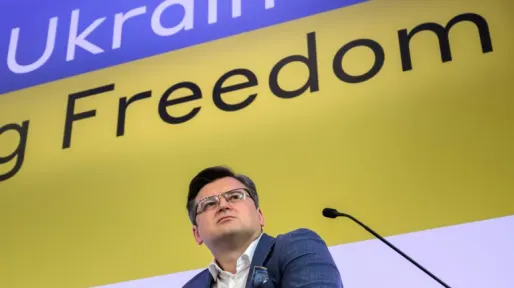 AFP
AFPRussia says targeted French mercenaries in Ukraine strike
Russia said Wednesday it had targeted a group of French fighters in a long-range strike on the eastern Ukrainian city of Kharkiv, an attack authorities said injured more than a dozen civilians.The ministry claimed to have killed dozens of foreign militants in the attack and injured many more but did not provide evidence.
-
 News Shopper
News ShopperSouth London thug threatened couple with extreme violence in £434k blackmail plot
A thug who threatened a couple with extreme violence during a £434,000 blackmail plot has been jailed.
-
 ABC News
ABC NewsTrump trounces in Iowa, and election deniers and MAGA got him there: Entrance poll analysis
Strong conservatives, older voters, MAGA fans, 2020 election deniers and less-educated Iowa Republicans piled in to help Donald Trump win Iowa's Republican caucuses on Monday night amid punishingly cold weather and depressed overall turnout, according to an analysis of entrance poll results. The former president -- despite spending relatively minimal time in the state, despite past indications that the base was considering other options and despite notable challengers, who spent months campaigning against him -- had by far the widest margin of victory in any meaningfully contested Iowa Republican caucuses dating to their start in 1976. Trump's support was so strong that 63% of caucusgoers said they'd consider him fit for office even if he were hypothetically convicted of a crime.
-
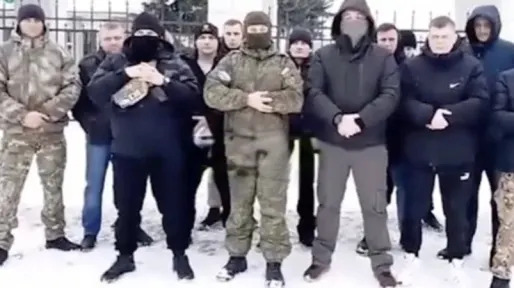 The New Voice of Ukraine
The New Voice of UkraineFormer Russian prisoners complain to Putin about unfulfilled promises after joining war against Ukraine
Former prisoners recruited into the “Storm Z” unit to fight in Ukraine have filed complaints with Russian dictator Vladimir Putin upon their return to Russia, the Russian Telegram channel Astra reported
-
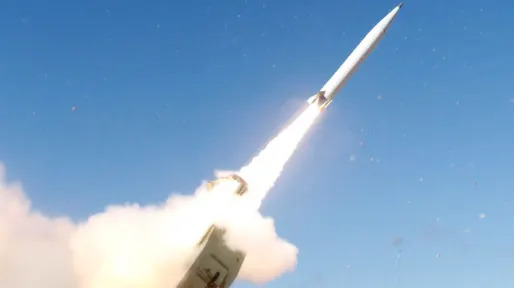 Business Insider
Business InsiderUS Army flight tested the seeker that will help turn its newest missile into a ship-killer
Soldiers got the new PrSM missile expected to replace ATACMS last month. But the Army has bigger plans for its new weapon.
-
 The Telegraph
The TelegraphJ K Rowling’s critics keep getting humiliated
Britain’s self-proclaimed “leading progressive political and cultural magazine”, the New Statesman, has just published an ad hominem diatribe on J K Rowling. The 2,500 word essay, initially titled “Britain’s nastiest novelist”, posits that the Harry Potter author has become a “polemical political activist” and “liberal pariah”, in large part because of her views on gender identity.
-
 CNN
CNNOpinion: Why so many Americans are misapplying ‘settler colonialism’ to Gaza
Students and faculty on American universities should be working together to help forge a solution in the Israel-Hamas war, writes Peter Rutland.
-
 The Guardian
The Guardian‘I will pretend not to be me’: Russia cracks down on LGBTQ+ community
Less than 48 hours after ‘global LGBTQ+ movement’ banned for being extremist, LGBTQ+-friendly bars were raided
-
 Sky News
Sky NewsBride arrested and handcuffed on her wedding day in Mexico
A bride was arrested for alleged extortion on her wedding day in Mexico and photographed handcuffed in her big white gown surrounded by police. The woman, identified only as Nancy N by state prosecutors, didn't even make it into the church as officers ambushed the ceremony. The pair - and others - are accused of extorting chicken merchants in Toluca near Mexico City and suspected of kidnapping four workers from a poultry shop, authorities said.
-
 The Independent
The IndependentGOP Republican reacts angrily after she's called out over Trump family separation scandal
Maga Republican reacts angrily after she's called out over Trump family separation scandalSource United States House Chamber
-
 Yahoo Finance
Yahoo FinanceDavos 2024: Wall Street weighs in on a second Donald Trump presidency
The mood among top minds in finance on the impact on investors from another Trump presidency is cautiously optimistic, at best.
-
 Evening Standard
Evening StandardJulia Skala: Police search for London teenager who went missing from her home 8 days ago
Police are growing 'increasingly concerned' for Julia Skala
-
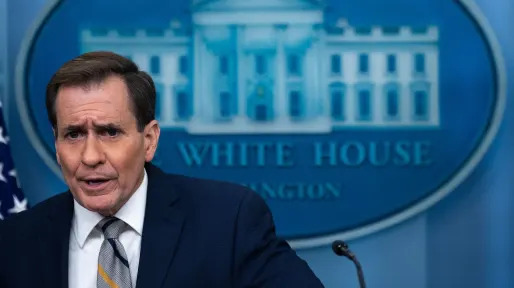 The Telegraph
The TelegraphTwo US Navy SEALs missing on secret mission to capture Iranian missiles
Two US Navy SEALs are missing off the coast of Somalia, the US Defence Department has said.
-
 Watford Observer
Watford ObserverMan arrested over ‘raping child' has bail extended
A man who was arrested on suspicion of raping a teenager in Watford has been bailed for another three months.
-
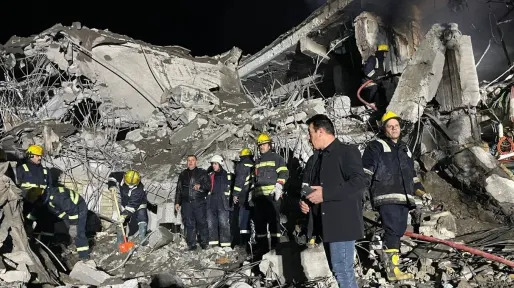 The Telegraph
The TelegraphIran attacks Israeli ‘spy HQ’ in Iraq
Iran has said that it destroyed an Israeli “spy headquarters” in a missile attack near the US consulate in the northern Iraqi city of Erbil.
-
 PA Media: UK News
PA Media: UK NewsMan extradited from Pakistan and charged with 2015 murder of known gang member
It comes almost a decade after Manchester Police offered a £10,000 reward for information leading to his capture.
-
 The Telegraph
The TelegraphWe need to talk about aircraft carriers
There’s been a lot of criticism of the Royal Navy’s aircraft carriers lately, some of it from me. Naturally I stand by what I’ve written: but the pile-on has included a lot of suggestions which were misleading, or just plain wrong.
-
 PA Media: UK News
PA Media: UK NewsFootballer murdered in club as ‘awful revenge’ for minor incident, jury told
Jurors were told Remy Gordon planned the killing of Cody Fisher as retribution after a ‘minor falling out’ at another venue 48 hours earlier.
-
 The National
The NationalHundreds of Scottish Government staff live and pay tax in England, figures show
HUNDREDS of Scottish Government employees live and pay taxes in England, new figures show.
-
 Yahoo News
Yahoo NewsTrump legal news brief: Judge threatens to kick Trump out of courtroom over disruptions during E. Jean Carroll testimony
Judge Lewis Kaplan warns former President Donald Trump that he could be removed from the courtroom if he continues to loudly comment on the testimony being given by columnist E. Jean Carroll.
-
 PA Media: UK News
PA Media: UK NewsOfficers who cleared homeless people’s tents acted unlawfully, say Met Police
Human Rights charity Liberty threatened legal action against the force on behalf of one person in the group whose tent and belongings were destroyed.
-
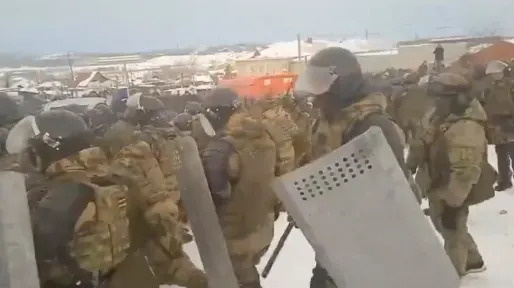 The Telegraph
The TelegraphRare violent protests in Russia after anti-war activist jailed
Russians have clashed with riot police in a rare, large protest after an activist was sentenced to four years in a penal colony.
-
 The New Voice of Ukraine
The New Voice of UkraineRussian Kh-59 guided cruise missile downed on approach to Dnipro
A Russian Kh-59 guided cruise missile was shot down as it approached Dnipro, the Eastern Air Force Command’s press service reported on Facebook on Jan. 17.
-
 Deadline
DeadlineABC News Cancels Plans For New Hampshire Republican Debate
UPDATE: ABC News and WMUR-TV have canceled plans for a Republican debate on Thursday for a simple reason: Neither Nikki Haley or Donald Trump had committed to appear. Haley said she would only do the debate if Trump was there. An ABC News spokesperson said, “Our intent was to host a debate coming out of …
-
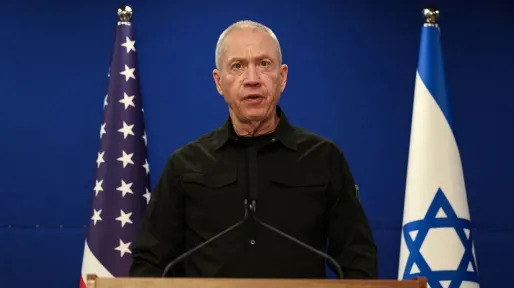 CNN
CNNIsrael’s withdrawal of some troops from Gaza sparks new government rift
Israel’s National Security Minister Itamar Ben Gvir has criticized the decision by the Israeli military to withdraw one of its army divisions from the Gaza Strip on Monday, exposing further divides between Israeli lawmakers over the country’s military offensive in the Palestinian enclave.
-
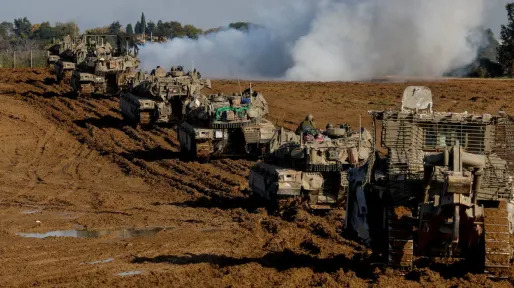 The Independent
The IndependentMet police review Israeli ‘war crimes’ claims by pro-Palestinians
The allegations against the unnamed British ministers are being reviewed by Scotland Yard’s war crimes unit
-
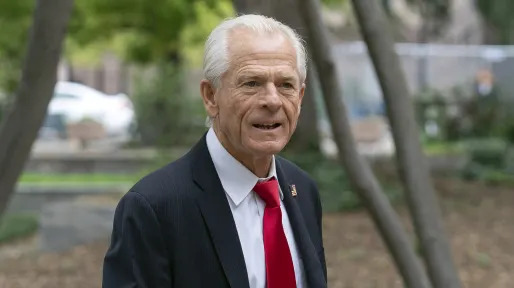 Associated Press
Associated PressTrump White House official Peter Navarro loses his bid for a new contempt of Congress trial
A federal judge on Tuesday rejected a bid for a new trial for Peter Navarro, a Trump White House official convicted of contempt of Congress for refusing to cooperate with a congressional investigation into the U.S. Capitol attack. Navarro, who served as a White House trade adviser under President Donald Trump, was found guilty by a jury in Washington's federal court for defying a subpoena for documents and a deposition from the House Jan. 6 committee. Navarro's lawyers argued he was entitled to a new trial, alleging that jurors may have been improperly influenced by political protesters when they took a break outside the courthouse before announcing a verdict in September.
-
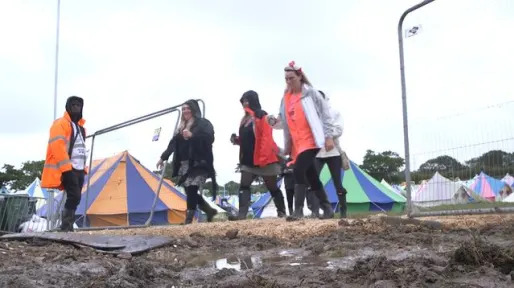 Sky News
Sky NewsSchoolboy planned attack on music festival and said he would 'slice' throat of teacher, court hears
A 15-year-old schoolboy, who converted to Islam, planned to attack the Isle of Wight music festival using a vehicle and knife, a court has heard. The youth was also said to have shared links to terrorist videos, related to ISIS, called Ma Vengeance - "my revenge" - and "O Disbelievers of the World".
 PA Media: UK News
PA Media: UK NewsDaughter of Sir David Amess taking legal action against police and Home Office
The veteran MP was knifed to death by Ali Harbi Ali at Belfairs Methodist Church in Leigh-on-Sea in Essex in October 2021.
 Evening Standard
Evening StandardBride arrested and handcuffed in her dress on her wedding day in Mexico
The bride was reportedly ambushed by officers before she made it to church to tie the knot
-
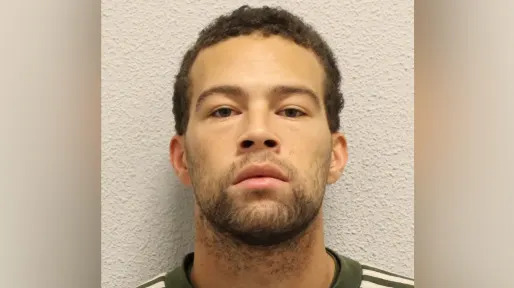 The Telegraph
The TelegraphConvicted domestic abuser forced girlfriend on to pornographic website and took earnings to buy BMW
A former English National Opera stagehand forced his girlfriend to perform on a pornographic website and beat her while she was pregnant, a court heard
-
 The Telegraph
The TelegraphMass migration is about to sweep away the West’s blinkered ruling class
Rishi Sunak may have defeated his rebels, but it was a Pyrrhic victory that cannot save his government. The Rwanda Bill won’t halt the boats, let alone convince exasperated voters to trust the Conservatives again.
-
 HuffPost
HuffPostJimmy Fallon Exposes Donald Trump's Glaring Hypocrisy On Republican Rivals
The former president's drastic change in tone did not go unnoticed by "The Tonight Show" host.
-
 The Guardian
The GuardianWoman found dead after car crash in Berkshire named as Maya Bracken
Bracken, 56, had been stabbed and died at the scene in Pangbourne, Berkshire, this month
-
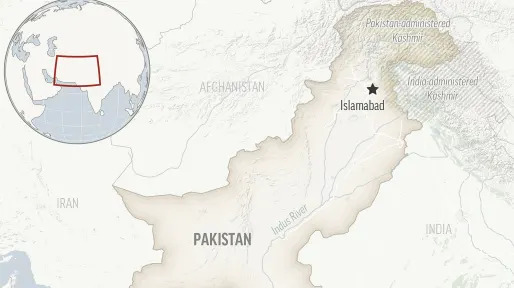 Associated Press
Associated PressIran attacks alleged militant bases in Pakistan; Islamabad says 'unprovoked' strikes kill 2 children
Iran launched attacks Tuesday in Pakistan targeting what it described as bases for the militant group Jaish al-Adl, potentially further raising tensions in a Middle East already roiled by Israel's war on Hamas in the Gaza Strip. Pakistan said the strikes killed two children and wounded three others in an assault it described as an “unprovoked violation” of its airspace. Confusion followed the announcement from Iran as state media reports on it soon disappeared.
-
 Associated Press
Associated PressIn new filing, Trump lawyers foreshadow potential lines of defense in classified documents case
Lawyers for former President Donald Trump foreshadowed elements of their defense in the criminal case charging him with illegally retaining classified documents, saying in a motion filed Tuesday that they will dispute prosecutors' allegations that the estate where the records were stored was not secure. The defense team also said in a wide-ranging court filing that they are seeking communication between the Justice Department prosecution team and associates of President Joe Biden in hopes of advancing their claims that the classified documents case is “politically motivated” and designed to harm Trump's 2024 campaign.
-
 The New Voice of Ukraine
The New Voice of UkraineNorth Korea crossed ‘red line’ by supplying missiles to Russia — Zelenskyy
North Korea's transfer of ballistic missiles to Russia for use against Ukrainian civilians crosses a “red line,” Ukrainian President Volodymyr Zelenskyy said at the World Economic Forum in Davos on Jan. 17
-
 HuffPost
HuffPostLaura Ingraham Revs Up Democrat Cheating Innuendo In Advice For Donald Trump
The Fox News host kept the scam chatter going in what sounded like a rehash of 2020's baseless claims.
-
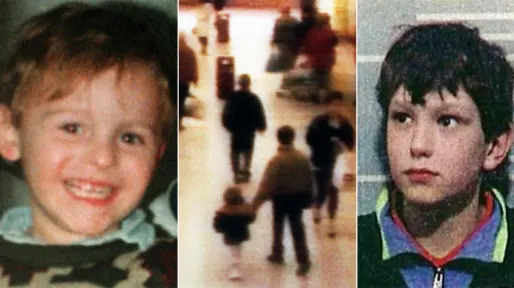 Yahoo News UK
Yahoo News UKWhat we know about James Bulger's killer Jon Venables
Yahoo News UK rounds up the events surrounding the murder of toddler James Bulger.
-
 Sky News
Sky NewsOhio police raid on 'wrong house' left sick baby with burns, mum claims
A mother has claimed police raided the "wrong house" and deployed diversionary flash-bang devices that injured her 17-month-old son - leaving the infant in hospital with burns. In the recording, someone can be heard saying: "It's the wrong house". The warrant was issued for a teenager who no longer lives at the property which is rented by Ms Price's aunt and uncle - who have no connection to the suspect, NBC News reported
-
 Euronews
EuronewsBrussels will 'have to act' if Polish standoff breaches EU law, says Věra Jourová
The European Commission is "very closely" following the political crisis in Poland and will "have to act" if the situation worsens and leads to violations of EU law, Věra Jourová warned on Wednesday.
-
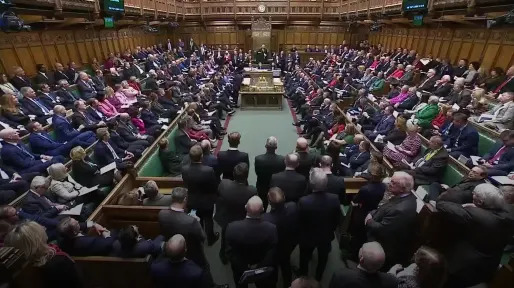 PA Media: Video
PA Media: VideoRishi Sunak told off by Speaker Sir Lindsay Hoyle for using prop during PMQs
The Prime Minister was given a ticking off for holding one of Sir Keir Starmer's books at the despatch box. Mr Sunak claimed Sir Keir had represented Hizb ut-Tahrir while working as a lawyer, a group that the UK now plans to ban as a terror organisation.
-
 The Telegraph
The TelegraphTrump victory poses ‘fundamental’ challenge to Europe, warns Blackrock chief
Donald Trump’s re-election poses a “fundamental” challenge to Europe, according to the leader of the world’s largest asset manager.
-
 The New Voice of Ukraine
The New Voice of UkraineGermany unveils new military aid package for Ukraine, including tanks, drones, and communication terminals
The German government announced on Jan. 17 a new package of military aid for Ukraine, which includes ammunition for Leopard 1 tanks, reconnaissance drones, and SatCom communication terminals.
-
 The Telegraph
The TelegraphPost Office scandal cost me nearly £3m, says wrongly convicted sub-postmaster
A former sub-postmaster who was wrongly convicted by the Post Office says the scandal has cost him almost £3 million.

The most powerful celebrity Freemasons of all time (msn.com)
Masons past and present
Freemasonry, while rooted in its early origins as a clandestine society, has evolved to a point where many of its members are high-profile figures today. These fraternal organizations operate on the foundations of humanitarianism, symbolism, philosophy, and charity.
Do you know legendary actor Clark Gable was a Freemason?
You might be surprised at the other celebrity members of this organization!
The most powerful celebrity Freemasons of all time (msn.com)
Masonic beliefs
Central to Freemasonry is the concept of brotherhood, altruism, and truth. Masons strive for ethical growth and self-enhancement through active participation in symbolic rituals and ceremonies.
They have been a persecuted group
Membership of a Masonic lodge has garnered different reactions, depending on the country. For instance, in Spain, Freemasons were once subjected to severe oppression. The 18th-century Spanish regime imposed a ban on masons across its empire. Then, during Franco's dictatorship, masons and communists were seen as the main threats to the state.
But they're celebrated in countries like the UK and Italy
Many members of Mussolini's collaborators were masons, but by the mid-1920s he outlawed Freemasonry. In Britain, where the first Grand Lodge was built, the movement has been viewed more favourably.
Oscar Wilde got into Freemasonry thanks to his friendship with Prince Leopold
The famous writer was very active in Freemasonry thanks, in part, to his relationship with Prince Leopold, the sixth son of Queen Victoria of England, who introduced him to the society. Wilde was first in Apollo Lodge and then in Churchill Lodge.
[But they're celebrated in countries like the UK and Italy]
[Silvio Berlusconi belonged to the Propaganda Due (P2) Lodge]
[Buzz Aldrin, member of Clear Lake Lodge 1417]
Silvio Berlusconi belonged to the Propaganda Due (P2) Lodge
Before he got into politics, Silvio Berlusconi was a prominent member of the Italian secret society known as P2, or Propaganda Due. Specifically, his membership card bore the number 1,816. The Grand Master of the organization, Lucio Gelli, has acknowledged Berlusconi's involvement on multiple occasions, as reported by Italian media outlets such as La Stampa
George Washington was a Master Mason
The first President of the United States of America became a Master Mason at Alexandria Lodge No. 22. He was initiated at age 20, in 1752, at Charity Lodge No. 362 in Campbell, California. At his swearing-in ceremony, he took the oath of office on a Bible from St. John's Lodge in New York.
Buzz Aldrin, member of Clear Lake Lodge 1417
Edwin Buzz Aldrin was the second man and first mason to ever step on the surface of the moon. He was an active member of Clear Lake Lodge No. 1417 in Texas.
Mozart composed peices for Masonic meetings
The Austrian composer Wolfgang Amadeus Mozart became a Master Mason. He had a lot of connection to Freemasonry as a result of his membership in the Zur Wohltätigkeit Lodge in Vienna. Some of his works were even composed for Masonic gatherings.
Prince Philip, Duke of Edinburgh, initiated into Navy Lodge, No. 2612
The husband of Queen Elizabeth II was initiated in 1952 at Naval Lodge No. 2612, of the United Grand Lodge of England, the same one in which his father-in-law, King George VI, was initiated. Prince Philip used to attend the meetings of his lodge without prior notice. When he died, many of the main lodges around the world sent their condolences for the passing of their "brother."
Arthur Conan Doyle, a member of Phoenix Lodge No. 257 de Portsmouth
The creator of Sherlock Holmes, Arthur Conan Doyle, was initiated in January 1887 at Phoenix Lodge No. 257 in Portsmouth. He was also an honorary member of the St. Mary's Chapel Lodge No. 1 in Edinburgh of the Grand Lodge of Scotland.
Mark Twain used mason symbols in his work
Samuel Langhorne Clemens, better known as Mark Twain, was one of many writers who had a relationship with Freemasonry. He became a Grand Master in St. Louis and his works contain Masonic references. He was a member of the Polar Star Lodge No. 79 in St. Louis.
FDR, initiated in Holland Lodge No. 8 in New York
Franklin Delano Roosevelt, the only U.S. President to win four consecutive elections in 1932, 1936, 1940, and 1944, was initiated in the New York Holland Lodge No. 8 in 1911. In Chile, there is even a lodge that bears his name: the Franklin Delano Roosevelt Lodge No. 99 in Limache.
King George VI: "Freemasonry has been one of the strongest influences on my life"
The British King George VI was initiated into Freemasonry in 1919 in the Naval Lodge No. 2612, of the United Grand Lodge of England. After WWII, he wrote: "Freemasonry has been one of the strongest influences on my life,” and collaborated to create a postage stamp full of Masonic symbolism.
Winston Churchill left the masons when he entered politics
The former Prime Minister of the United Kingdom was initiated as a Freemason at the age of 26. He frequently attended Studhome Lodge meetings, but never held a prominent position and left the masons to pursue politics. He also descended from a line of Masons, according to Scottish Rite.
John Wayne, a member of several lodges
In his youth, the legendary Western actor John Wayne was a member of the DeMolay Order, a youth group from the Mason family. He began in Freemasonry officially in 1970 at the Marion McDanial Lodge 56 in Tucson, Arizona. In 1970, he also became a member of the Shriners, an American Masonic society.
Clark Gable, Beverly Hills Lodge No. 528
The 'Gone With The Wind' star was in more than 60 motion pictures. In the midst of his success, he joined Freemasonry and was eventually raised to a Master Mason in the Beverly Hills Lodge, No. 528, in 1933.
Michael Richards, a 33-degree Scottish Rite Freemason
According to American media, the actor who played Cosmo Kramer in 'Seinfeld' is a 33-degree Scottish Rite Freemason, a title granted solely out of recognition for outstanding services.
Simon Bolivar was a member of the Spanish Lodge Lautaro in Cadiz .
Simon Bolivar, the hero who helped secure independence for Bolivia, Colombia, Ecuador, Peru, and Venezuela from the Spanish Empire, was also a mason. He joined the Spanish Lodge Lautaro in Cadiz during his second trip to Europe.
Steve Wozniak, member of the Charity Lodge No. 362 in California
A fact not everyone knows about Steve Wozniak, one of the founders of Apple, is that he is a Freemason. He joined Freemasonry in 1980 at Charity Lodge No. 362 in Campbell, California.
John Elway, member of the South-Denver Lodge No. 93
The famous Denver Bronco Hall of Fame Quarterback joined his local lodge in 2002. He started to become interested in Freemasonry when his Super bowl winning career ended.
Jesse Jackson, member of Most Worshipful Prince Hall Grand Lodge of Illinois
The civil rights activist who ran for president in the United States Democratic Party primaries in 1984 and 1988, was made a mason by the Grand Master Senter of the Most Worshipful Prince Hall Grand Lodge of Illinois on May 25th, 1987. The lodge was founded in the 18th century and primarily made up of African American members.
Israelis Worry a Blow Against Hamas May Bring Blowback
Israelis welcomed news that a top Palestinian militant had been killed, but feared that it might impede the release of hostages and kindle a broader war.
https://www.nytimes.com/2024/
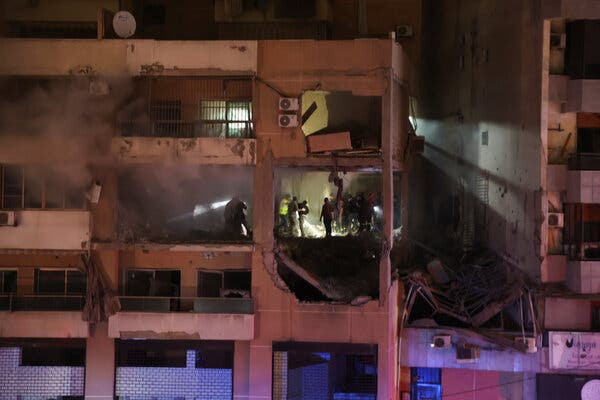
A top Hamas official, Saleh al-Arouri, was killed in an explosion outside Beirut, Lebanon

A day after a blast killed a senior Hamas leader outside Beirut, Lebanon, many Israelis welcomed the assassination as an important step in the campaign to destroy the militant group, but worried it might carry costs.
Members of Prime Minister Benjamin Netanyahu’s right-wing coalition in Israel, in particular, cheered the attack. “All those involved in the October massacre should know we’ll get to them, and we’ll settle the score,” declared Danny Danon, a member of Parliament from the Likud party.
But some analysts said the killing of the Hamas official, Saleh al-Arouri, was likely to disrupt any negotiations over freeing more hostages taken in the Hamas-led attack on Oct. 7 — which would be another setback for Israeli families waiting desperately for their relatives to come home.
The assassination also prompted fears of a wider war in the Middle East and of retaliatory attacks in Israel.
https://www.nytimes.com/2024/

“So shall your enemies perish, Israel,” Bezalel Smotrich, Israel’s finance minister, wrote on social media, quoting from the Old Testament. (On Wednesday, France and Germany joined other nations, including the United States, in denouncing a call by Mr. Smotrich and another Israeli minister for Palestinians to be removed from the Gaza Strip.)
While the death of Mr. al-Arouri, a key strategist and liaison with Hamas’s Iranian sponsors, was a blow to the group, analysts said, it has rebounded from past assassinations. And the killing added to tensions along Israel’s northern border with Lebanon, where Hezbollah’s frequent rocket fire has forced communities to evacuate.
Ehud Olmert, a former Israeli prime minister, questioned the timing of the al-Arouri killing, given the war. Mr. al-Arouri’s focus, he said, had always been on the West Bank, not Gaza.
“Was he that important? I’m not so sure,” Mr. Olmert said. “There is room to ask this question: Was it urgent? Was it important to do this now? And was it more important than other things?”
Reflecting that sense of uncertainty, a columnist on Wednesday in the Israeli newspaper Yediot Ahronoth labeled the killing “a gamble.”


“Of all the possible reactions Hamas may take, the most disconcerting is with regard to the hostages,” wrote the columnist, Nahum Barnea. “The argument that the assassination will soften Sinwar’s position is just a story we tell ourselves,” he wrote, referring to Yahya Sinwar, Hamas’s leader in Gaza. Instead, he wrote, the killing is more likely to “delay, or even torpedo, the negotiations” for the hostages’ release.
Mr. Netanyahu met with representatives of hostage families on Tuesday evening, around the same time that Mr. al-Arouri was killed, and told them that efforts to free their relatives were continuing. “The contacts are being held; they have not been cut off,” he said.
But many families have been increasingly skeptical of Mr. Netanyahu’s promises to make the hostages’ return a top priority in the war. Now, they fear that the hostages could be mistreated or even killed in retaliation for the assassination.
“Of course this doesn’t help — it hurts,” said Lior Peri, whose father, Chaim, 79, was kidnapped from Nir Oz, an Israeli kibbutz close to the Gaza border. “I don’t know who’s in charge and giving the order, but they’re definitely not thinking about the hostages.”
Some Israelis who are familiar with the seemingly endless cycle of attacks and counterattacks in the Middle East were bracing for retribution.
After the assassination, Rear Adm. Daniel Hagari, the Israeli military’s chief spokesman, said Israeli forces were “on very high alert on all fronts, for defensive and offensive actions.” But in what some analysts interpreted as an indication that Israel was not seeking a wider war with Hezbollah, Admiral Hagari emphasized that it was “focused on fighting Hamas.”
Israeli public support for destroying Hamas is broad but not unqualified. After almost three months of war, there is growing international outrage over the number of Palestinian civilians being killed. And many Israelis are beginning to openly question whether the goal of destroying Hamas is realistic — and whether the cost of doing so would be bearable.
Most senior Hamas leaders within Gaza have eluded capture, and though Israel has begun pulling some troops out of the enclave in what appears to be the start of a shift toward a more targeted assault, few Israelis were prepared for a conflict of this length and with such heavy casualties.
The Israeli military said on Wednesday that one of the hostages in Gaza, Sahar Baruch, 25, was killed last month during a rescue attempt. It said that it was not yet possible to determine whether he had been killed by Hamas or by Israeli fire.
While the war in Gaza has unified many Israelis, who were in political turmoil before the Hamas attack, tensions have begun to re-emerge.
On Wednesday, the Israeli Supreme Court delayed a new law that would have made it harder for a prime minister to be deemed unfit and removed from office. The court found that the law was designed to help Mr. Netanyahu, who is on trial on corruption charges. The ruling came days after the court struck down a sweeping law that would have curbed the power of the judiciary, in another blow to Mr. Netanyahu.
Euan Ward contributed reporting from Beirut, Lebanon; and Talya Minsberg and Michael Levenson from New York.
News and Analysis
-
Hamas accused Israel of killing Saleh al-Arouri, a top leader of the group, in an explosion in Lebanon. Al-Arouri’s death could set Hamas back at a vulnerable time, but it is less likely to be a debilitating blow.
-
A day after al-Arouri’s killing, many Israelis welcomed the assassination as an important step in the campaign to destroy Hamas, but worried it might impede the release of hostages and ignite a broader war.
-
U.S. spy agencies believe that Hamas and another Palestinian group fighting Israel used Al-Shifa Hospital in Gaza to command forces and hold some hostages, according to new American intelligence.
Read More
-
Signs of Strain: No other episode in the past half-century has tested the ties between the United States and Israel in such an intense and consequential way as the Israel-Hamas war.
-
Skepticism Grows: Israel has vowed time and again to eliminate Hamas, but critics increasingly see that goal as unrealistic or even impossible.
-
‘We Can Live in Peace’: At a time when support for peace is low, the Hand in Hand schools in Israel, where classes are taught by Hebrew and Arabic speakers together, are seeking unity.
-
A Show of Support: The watermelon emoji is being used as a symbol to communicate solidarity with Palestinians. Here’s why.
Israel Knew Hamas’s Attack Plan More Than a Year Ago
A blueprint reviewed by The Times laid out the attack in detail. Israeli officials dismissed it as aspirational and ignored specific warnings.
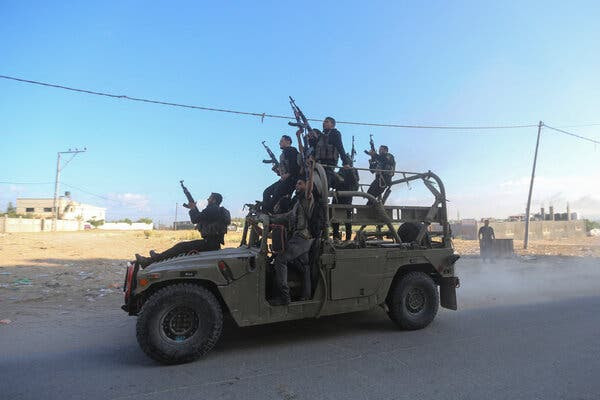
Hamas-led gunmen seized an Israeli military vehicle after infiltrating areas of southern Israel during the Oct. 7 attacks. A blueprint for similar attacks was circulating among Israeli leaders long before Hamas struck.
Israel Knew Hamas’s Money Source Years Before Oct. 7 Attacks - The New York Times
Israel Knew Hamas’s Attack Plan Over a Year Ago - The New York Times (nytimes.com)
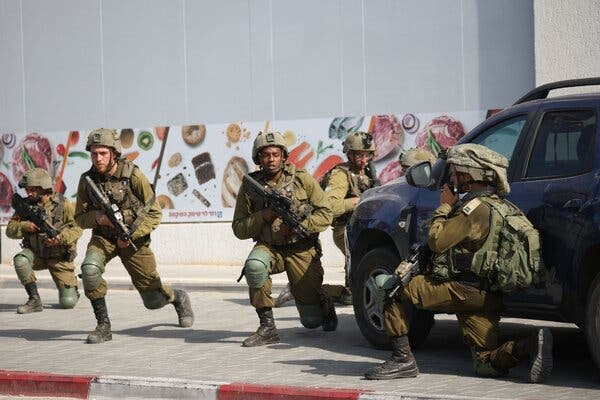
Israeli soldiers were deployed in an area where civilians were killed in the southern city of Sderot on Oct. 7.

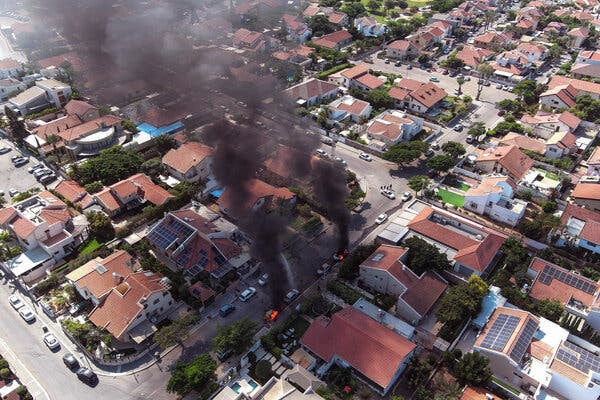
Vehicles caught fire in Ashkelon, Israel, as rockets were launched from the Gaza Strip on Oct. 7.
Israel Knew Hamas’s Attack Plan Over a Year Ago - The New York Times -
https://www.youtube.com/watch?

A truck reportedly transported a captured Israeli woman in Khan Younis, in the southern Gaza Strip, on Oct. 7
In September 2016, the defense minister’s office compiled a top-secret memorandum based on a much earlier iteration of a Hamas attack plan. The memorandum, which was signed by the defense minister at the time, Avigdor Lieberman, said that an invasion and hostage-taking would “lead to severe damage to the consciousness and morale of the citizens of Israel.”
Israel Knew Hamas’s Attack Plan More Than a Year Ago
A blueprint reviewed by The Times laid out the attack in detail. Israeli officials dismissed it as aspirational and ignored specific warnings.
The approximately 40-page document, which the Israeli authorities code-named “Jericho Wall,” outlined, point by point, exactly the kind of devastating invasion that led to the deaths of about 1,200 people.
The Jericho Wall document, named for the ancient fortifications in the modern-day West Bank, was even more explicit. It detailed rocket attacks to distract Israeli soldiers and send them hurrying into bunkers, and drones to disable the elaborate security measures along the border fence separating Israel and Gaza.
Hamas fighters would then break through 60 points in the wall, storming across the border into Israel. The document begins with a quote from the Quran: “Surprise them through the gate. If you do, you will certainly prevail.”
The same phrase has been widely used by Hamas in its videos and statements since Oct. 7.
The translated document, which was reviewed by The New York Times, did not set a date for the attack, but described a methodical assault designed to overwhelm the fortifications around the Gaza Strip, take over Israeli cities and storm key military bases, including a division headquarters.
Hamas followed the blueprint with shocking precision. The document called for a barrage of rockets at the outset of the attack, drones to knock out the security cameras and automated machine guns along the border, and gunmen to pour into Israel en masse in paragliders, on motorcycles and on foot — all of which happened on Oct. 7.
The plan also included details about the location and size of Israeli military forces, communication hubs and other sensitive information, raising questions about how Hamas gathered its intelligence and whether there were leaks inside the Israeli security establishment.
The document circulated widely among Israeli military and intelligence leaders, but experts determined that an attack of that scale and ambition was beyond Hamas’s capabilities, according to documents and officials. It is unclear whether Prime Minister Benjamin Netanyahu or other top political leaders saw the document, as well.
Last year, shortly after the document was obtained, officials in the Israeli military’s Gaza division, which is responsible for defending the border with Gaza, said that Hamas’s intentions were unclear.
“It is not yet possible to determine whether the plan has been fully accepted and how it will be manifested,” read a military assessment reviewed by The Times.
Then, in July, just three months before the attacks, a veteran analyst with Unit 8200, Israel’s signals intelligence agency, warned that Hamas had conducted an intense, daylong training exercise that appeared similar to what was outlined in the blueprint.
But a colonel in the Gaza division brushed off her concerns, according to encrypted emails viewed by The Times.
“I utterly refute that the scenario is imaginary,” the analyst wrote in the email exchanges. The Hamas training exercise, she said, fully matched “the content of Jericho Wall.”
“It is a plan designed to start a war,” she added. “It’s not just a raid on a village.”
Officials privately concede that, had the military taken these warnings seriously and redirected significant reinforcements to the south, where Hamas attacked, Israel could have blunted the attacks or possibly even prevented them.
Instead, the Israeli military was unprepared as terrorists streamed out of the Gaza Strip. It was the deadliest day in Israel’s history.
Israeli security officials have already acknowledged that they failed to protect the country, and the government is expected to assemble a commission to study the events leading up to the attacks. The Jericho Wall document lays bare a yearslong cascade of missteps that culminated in what officials now regard as the worst Israeli intelligence failure since the surprise attack that led to the Arab-Israeli war of 1973.
Underpinning all these failures was a single, fatally inaccurate belief that Hamas lacked the capability to attack and would not dare to do so. That belief was so ingrained in the Israeli government, officials said, that they disregarded growing evidence to the contrary.
The Israeli military and the Israeli Security Agency, which is in charge of counterterrorism in Gaza, declined to comment.
Officials would not say how they obtained the Jericho Wall document, but it was among several versions of attack plans collected over the years. A 2016 Defense Ministry memorandum viewed by The Times, for example, says, “Hamas intends to move the next confrontation into Israeli territory.”
Such an attack would most likely involve hostage-taking and “occupying an Israeli community (and perhaps even a number of communities),” the memo reads.
The Jericho Wall document, named for the ancient fortifications in the modern-day West Bank, was even more explicit. It detailed rocket attacks to distract Israeli soldiers and send them hurrying into bunkers, and drones to disable the elaborate security measures along the border fence separating Israel and Gaza.
Hamas fighters would then break through 60 points in the wall, storming across the border into Israel. The document begins with a quote from the Quran: “Surprise them through the gate. If you do, you will certainly prevail.”
The same phrase has been widely used by Hamas in its videos and statements since Oct. 7.
One of the most important objectives outlined in the document was to overrun the Israeli military base in Re’im, which is home to the Gaza division responsible for protecting the region. Other bases that fell under the division’s command were also listed.
Hamas carried out that objective on Oct. 7, rampaging through Re’im and overrunning parts of the base.
The audacity of the blueprint, officials said, made it easy to underestimate. All militaries write plans that they never use, and Israeli officials assessed that, even if Hamas invaded, it might muster a force of a few dozen, not the hundreds who ultimately attacked.
Israel had also misread Hamas’s actions. The group had negotiated for permits to allow Palestinians to work in Israel, which Israeli officials took as a sign that Hamas was not looking for a war.
But Hamas had been drafting attack plans for many years, and Israeli officials had gotten hold of previous iterations of them. What could have been an intelligence coup turned into one of the worst miscalculations in Israel’s 75-year history.
In September 2016, the defense minister’s office compiled a top-secret memorandum based on a much earlier iteration of a Hamas attack plan. The memorandum, which was signed by the defense minister at the time, Avigdor Lieberman, said that an invasion and hostage-taking would “lead to severe damage to the consciousness and morale of the citizens of Israel.”
The memo, which was viewed by The Times, said that Hamas had purchased sophisticated weapons, GPS jammers and drones. It also said that Hamas had increased its fighting force to 27,000 people — having added 6,000 to its ranks in a two-year period. Hamas had hoped to reach 40,000 by 2020, the memo determined.
Last year, after Israel obtained the Jericho Wall document, the military’s Gaza division drafted its own intelligence assessment of this latest invasion plan.
Israel-Hamas War: Live Updates
Editors’ Picks

Emily Blunt Doesn’t Care if Her ‘Oppenheimer’ Character Is Likable

These Books Will Help Heal Your Relationship With Food

Restaurant Review: Last Night a D.J. Saved My Dinner
Israel Knew Hamas’s Money Source Years Before Oct. 7 Attacks - The New York Times
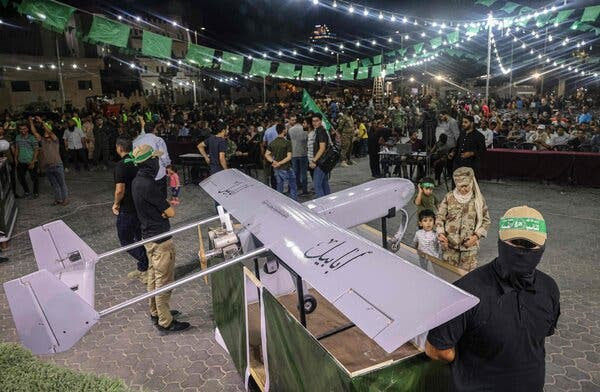
Members of the Qassam Brigades, Hamas’s military wing, next to a model of an Ababil drone in 2022 during a rally in Khan Younis, in the southern Gaza Strip.
In the years that followed the 2018 discovery, Hamas’s money network burrowed deeper into the mainstream financial system, records show.

Yossi Cohen in 2019 in Tel Aviv. As chief of Mossad in 2016, he dismantled Harpoon.

In a photograph provided by state media, President Recep Tayyip Erdogan of Turkey, right, is seen meeting with Ismail Haniyeh, Hamas’s political chief, in 2020 in Istanbul.

Tamir Pardo, a former head of Mossad, in September in Herzliya, Israel. The Harpoon Task Force, he said, was “one of the most important tools the Mossad had.”
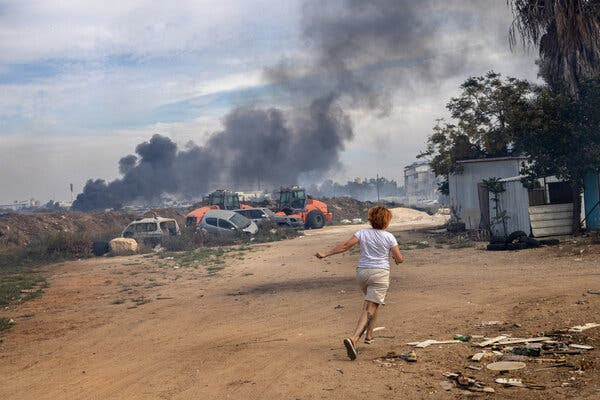
Running to a reinforced concrete shelter in Ashkelon, Israel, moments after a rocket siren was sounded on Oct. 7
Israel Found the Hamas Money Machine Years Ago. Nobody Turned It Off.
Agents worried as millions poured in. Hamas bought weapons and plotted an attack. The authorities now say the money helped lay the groundwork for the Oct. 7 assault on Israel.
Saleh al-Arouri Senior Hamas official killed in Israel Drone Strike Musharafieh Beirut, Lebanon
By Jo Becker and Justin Scheck
Jo Becker reported from Tel Aviv, and Justin Scheck from Istanbul and Ankara, Turkey. Dec. 28, 2023
Israeli security officials scored a major intelligence coup in 2018: secret documents that laid out, in intricate detail, what amounted to a private equity fund that Hamas used to finance its operations.
The ledgers, pilfered from the computer of a senior Hamas official, listed assets worth hundreds of millions of dollars. Hamas controlled mining, chicken farming and road building companies in Sudan, twin skyscrapers in the United Arab Emirates, a property developer in Algeria, and a real estate firm listed on the Turkish stock exchange.
The documents, which The New York Times reviewed, were a potential road map for choking off Hamas’s money and thwarting its plans. The agents who obtained the records shared them inside their own government and in Washington.
Nothing happened.
For years, none of the companies named in the ledgers faced sanctions from the United States or Israel. Nobody publicly called out the companies or pressured Turkey, the hub of the financial network, to shut it down.
A Times investigation found that both senior Israeli and American officials failed to prioritize financial intelligence — which they had in hand — showing that tens of millions of dollars flowed from the companies to Hamas at the exact moment that it was buying new weapons and preparing an attack.
That money, American and Israeli officials now say, helped Hamas build up its military infrastructure and helped lay the groundwork for the Oct. 7 attacks.
“Everyone is talking about failures of intelligence on Oct. 7, but no one is talking about the failure to stop the money,” said Udi Levy, a former chief of Mossad’s economic warfare division. “It’s the money — the money — that allowed this.”
At its peak, Israeli and American officials now say, the portfolio had a value of roughly half a billion dollars.
Even after the Treasury Department finally levied sanctions against the network in 2022, records show, Hamas-linked figures were able to obtain millions of dollars by selling shares in a blacklisted company. The Treasury Department now fears that such money flows will allow Hamas to finance its continuing war with Israel and to rebuild when it is over.
“It’s something we are deeply worried about and expect to see given the financial stress Hamas is under,” said Brian Nelson, the Treasury Department’s under secretary for terrorism and financial intelligence. “What we are trying to do is disrupt that.”
That was what Israel’s terrorism-finance investigators hoped to do with their 2018 discovery. But at the top echelons of the Israeli and American governments, officials focused on putting together a series of financial sanctions against Iran. Neither country prioritized Hamas.
Israeli leaders believed that Hamas was more interested in governing than fighting. By the time the agents discovered the ledgers in 2018, the prime minister, Benjamin Netanyahu, was encouraging the government of Qatar to deliver millions of dollars to the Gaza Strip. He gambled that the money would buy stability and peace.
Mr. Levy recalled briefing Mr. Netanyahu personally in 2015 about the Hamas portfolio.
“I can tell you for sure that I talked to him about this,” Mr. Levy said. “But he didn’t care that much about it.”
Mr. Netanyahu’s Mossad chief shut down Mr. Levy’s team, Task Force Harpoon, that focused on disrupting the money flowing to groups including Hamas.
Former Harpoon agents grew so frustrated with the inaction that they uploaded some documents to Facebook, hoping that companies and investors would find them and stop doing business with Hamas-linked companies.
In the years that followed the 2018 discovery, Hamas’s money network burrowed deeper into the mainstream financial system, records show.
The Turkish company at the heart of the operation had such a sheen of legitimacy that major American and European banks managed shares on behalf of clients. The Church of Jesus Christ of Latter-day Saints invested tens of thousands of dollars before the company was placed under sanction.
The Times reviewed previously undisclosed intelligence documents and corporate records and interviewed dozens of current officials from the United States, Israel, Turkey and Hamas’s financial network. Some spoke on the condition of anonymity to discuss intelligence matters.
Israeli intelligence and security agencies have apologized for the failings that led up to the Oct. 7 attacks.
Mr. Netanyahu has acknowledged that his government failed to protect its people and said that he would face, and answer, tough questions after the war. He has denied, though, that he took his eye off Hamas. But he declined to answer questions from The Times about the ledgers or the hunt for Hamas’s money.
2015: Task Force Harpoon
Israeli security and intelligence officials, working from a secure compound outside Tel Aviv, spent years tracking Hamas’s money. By 2015, they were on to what they called Hamas’s “secret investment portfolio.”
Terrorist organizations like Al Qaeda and the Islamic State often use front companies to launder money. But here, Israeli agents saw something different, more ambitious: a multinational network of real businesses churning out real profits.
On paper, they looked like unrelated companies. But over and over, the Israelis said they identified the same Hamas-linked figures as shareholders, executives and board members.
There were people like Hisham Qafisheh, a white-goateed Jordanian who studied in Saudi Arabia and had a knack for finding political support. One of his companies won a $500 million highway contract in Sudan.
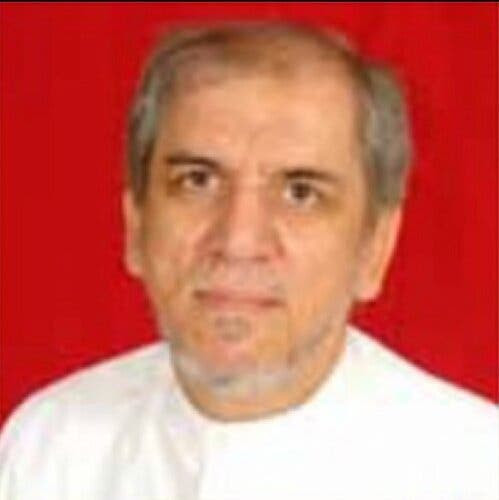
Hisham Qafisheh
Then there was Amer Al-Shawa, a Turkish man of Palestinian descent who studied electrical engineering in Ohio and more recently spent five months under interrogation in an Emirati jail on suspicion of funding Hamas.
At the top was Ahmed Odeh, a heavyset Jordanian businessman with years of experience in Saudi Arabia. The Israelis learned — and the Americans now say much of this publicly — that Hamas’s governing Shura Council had given Mr. Odeh seed money to build and manage a portfolio of companies.
Hamas, the de facto governing body of Gaza, relied principally on Iran to fund its military wing. But Hamas wanted its own funding stream, too.
The Israeli security services operated a terrorism-finance investigative team at the time called Task Force Harpoon. It put people from across counterterrorism — spies, soldiers, police officers, accountants, lawyers — under the same umbrella and gave them a direct report to the prime minister. The task force even had an economic warfare unit within the Mossad intelligence agency that could covertly act on the intelligence it had gathered.
“We didn’t have any rivalries,” Tamir Pardo, the Mossad chief at the time, said in an interview. “No one got credit for any one operation. It just worked.”
Harpoon, he said, was “one of the most important tools the Mossad had.” It churned out intelligence to financial regulators, law enforcement agencies, politicians and allies in Washington, helping Israel win financial sanctions targeting Iran and its proxy, Hezbollah.
Mr. Levy, who ran Harpoon and its dedicated economic warfare unit, recalled the first time he heard about Hamas’s portfolio.
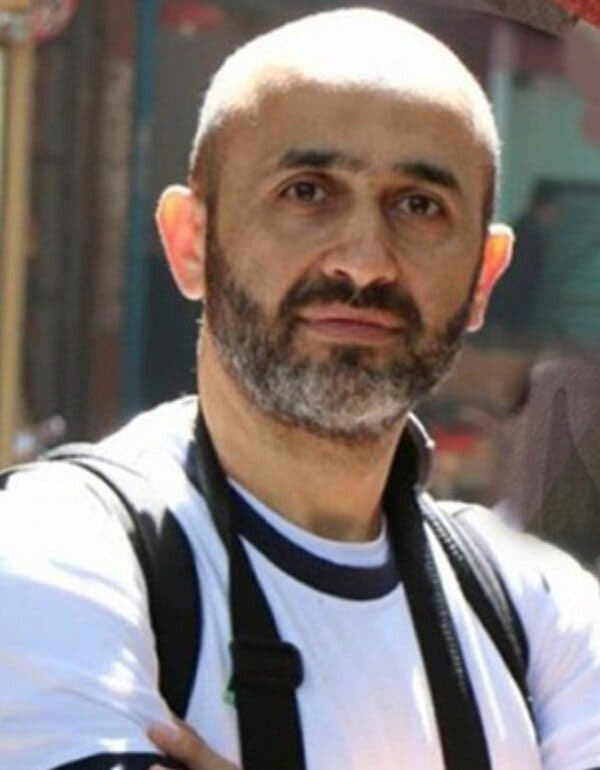
“One of the guys on my team, a Mossad guy, showed it to me,” Mr. Levy said. “What we understood then was that they had these companies to make a little bit of money and to use them as a legal platform to transfer money from place to place.”
Back then, the consensus among Israeli officials was that Iran was the bigger threat. It had nuclear ambitions and armed both Hamas and the Hezbollah militia in Lebanon. So the bulk of the task force’s attention remained focused there.
Still, Mr. Levy said the discovery was enough of a “red flag” that he told Mr. Netanyahu about it.
2016: Shut Down
A 2014 war between Israel and Hamas had left Hamas’s fortifications in ruins and its arsenal depleted.
Hamas, though, was able to rebuild. In 2016, Israeli intelligence officials noted that the group was obtaining GPS jammers, drones and precision weapons, according to a military document reviewed by The Times.
Hamas had added about 6,000 operatives to its ranks since the war ended, and the military had learned that Hamas was developing plans to storm Israeli communities and take hostages.
By 2016, Mr. Netanyahu’s government had begun pursuing a strategy to contain Hamas by allowing the Qataris to send money to Gaza. Mr. Netanyahu says that money was humanitarian aid. Privately, he told others that stabilizing Hamas would lessen pressure on him to negotiate toward a Palestinian state.
That same year, the new Mossad chief, Yossi Cohen, dismantled Harpoon as part of an agency reorganization, according to Mr. Levy and others.
Mr. Levy left government that year. A new group of intelligence agents and specialists from a few other agencies kept chasing the money, only without the organizational structure and direct access to senior policymakers.
This new group soon made another alarming discovery.
Up until that point, members of the team told The Times, they had estimated that Hamas was taking about $10 million to $15 million annually from their companies’ profits.
Then they learned, based on sources and other intelligence, that Hamas had sold off some of the secret portfolio’s assets, raising more than $75 million. That money, according to an Israeli intelligence assessment, was sent to Gaza, where it was used to rebuild Hamas’s military infrastructure.
The Israeli authorities have now concluded that this influx of money not only helped Hamas prepare for the Oct. 7 attacks, but gave leaders confidence that they would have the money to rebuild afterward, according to five Israeli security officials.
Exactly how significant that money was to the Oct. 7 attacks is unknown. Israeli officials have promised an inquiry into the intelligence failures that led up to the attacks, and new details may emerge.
But what is clear is that the Israeli government took no public action against the Hamas-linked companies. Instead, it decided to build a case to get the United States government to shut the companies off from the global financial system. But that would take time, and more evidence.
2018: The Big Break
Exactly how Israeli intelligence obtained the ledgers — whether from an informant or a computer hack — remains unclear. But in 2018, the team got the proof it had been seeking.
The documents were created by Mahmoud Ghazal, a man whom the Israelis had identified as the Hamas portfolio’s bookkeeper.
The ledgers spanned 2012 to 2018 and contained entries and valuations for companies that the agents had been monitoring in Saudi Arabia, Sudan, Turkey and elsewhere. The records also contained familiar names, including Mr. Qafisheh and Mr. Al-Shawa.
The documents were hard evidence of what the Israelis had long suspected: Despite what public records said, Hamas was in control.
“It was a big breakthrough,” said one official involved in the investigation. “Hamas could hide behind frontmen and shareholders, but the money always talks.”
The ledgers also contained coded entries that puzzled investigators, but one document was a sort of Rosetta Stone: “QG” for instance, referred to Qitaa Ghaza, or the Gaza Strip. “D” referred to Daffa, or the West Bank. Beside each was a large dollar figure. From this, the Israelis deduced where Hamas was sending its money.
This discovery was quickly bolstered by intelligence from Saudi Arabia. In mid-2018, the Saudis arrested Mr. Ghazal, the Hamas accountant, and two other men who corporate records show held positions in 18 companies in the portfolio.
Under interrogation, Mr. Ghazal confessed that the portfolio existed to transfer money to Hamas, according to records related to the three men’s arrests that were viewed by The Times. He also said that, just as the Israelis had long suspected, Mr. Odeh directed where the money went.
The two other men told their interrogators that they were shareholders in name only. Their stakes were actually owned by Mr. Qafisheh, the goateed Jordanian who had also been on the Israeli radar screen for years. Mr. Qafisheh, the men said, was a Hamas operative.
The documents do not say what the Saudis did to elicit the confessions. The kingdom’s harsh interrogation techniques have earned it international condemnation.
The Saudis shared the materials with Washington, according to officials with direct knowledge of the matter, knowing that Washington would share them with its close ally Israel. The Saudi monarchy has no tolerance for Hamas and hoped that Washington would blacklist the companies, the officials said.
The Israeli team shared the ledgers and its intelligence with American officials in early 2019, hoping to encourage financial sanctions.
But then, nothing.
The Trump administration did not act. Treasury Department officials said that they did not delay any decisions. Issuing sanctions, they said, is a complicated process. And Israel, which was more focused on getting the Americans to issue Iranian sanctions, did not press for more urgent actions, both Israeli and American officials say.
“We have great people still who are trying to do this work,” Mr. Levy said. “But if no one at a high level is putting this as a priority, what can they do?”
2019: Turkey
Though the investment portfolio spanned many countries, Turkey was key.
The Saudis had made clear with their arrests that Hamas was not welcome. And the financiers had lost much of their Sudanese income with the fall of the autocratic leader Omar al-Bashir.
Turkey under President Recep Tayyip Erdogan, however, has not criminalized Hamas nor has it clearly restricted Hamas’s activities in Turkey.
By 2019, Mr. Odeh was in Turkey, as was Mr. Qafisheh.
Mr. Al-Shawa, the Ohio-educated engineer who had been in Israel’s sights for years, spent 135 days in Emirati jails before being released in 2015 — without explanation “and without breakfast,” he told The Times in an interview. He returned to Turkey.
Mr. Erdogan was a major proponent of the nation’s building industry, which was good news for the company at the center of the Hamas portfolio: a real estate developer named Trend GYO.
Trend took advantage of Mr. Erdogan’s building boom. It brought in an investor, Hamid Al Ahmar, with ties to the president. And it reorganized itself as a real estate investment trust, which had Turkish tax advantages, and went public.
Trend’s general manager, Mr. Al-Shawa, said he had no real power at the company. The board, he said, made all of the decisions. He denied being involved with Hamas, but he said that he suspected others at Trend were.

Hamid Al Ahmar
“Do I have proof? No. But sometimes you just have a feeling,” he said. “I really didn’t care. Why should I? I was there to make money.”
Mr. Odeh and Mr. Al Ahmar declined to comment through intermediaries. Trend would not pass messages seeking comment to Mr. Qafisheh, and a spokeswoman said he and Mr. Al Ahmar were no longer involved with the company. The spokeswoman said the question of whether Hamas owned the company was “ridiculous and meaningless.” She said Trend was appealing its Treasury designation. Hamas, through its media office in Lebanon, declined to comment.
Foreign investors piled in. In 2019, while Washington sat on the ledgers, American and European banks held more than 3 percent of the company’s publicly traded shares on behalf of clients, Turkish financial records show. The Church of Jesus Christ of Latter-day Saints’s investment arm, Ensign Peak Advisors, bought more than 200,000 shares.
There is no indication that the church or the Western banks knew about any Hamas ties at the time. A church spokesman said that a U.S.-based investment adviser, Acadian Asset Management, bought the shares on its behalf. An Acadian spokesman said the company had “complied with all relevant laws.”
While the sanctions proposal languished, Israeli and American officials now say, Hamas appointed a new investment chief, Musa Dudin. Unlike his predecessors, he was a well-known Hamas military operative who had spent 18 years in an Israeli prison for his role in deadly attacks.
Mr. Dudin, too, has resettled in Turkey. Mr. Dudin declined to comment through an intermediary.
Meanwhile, Hamas-linked owners began cashing out. In 2019, Mr. Qafisheh sold more than $500,000 worth of stock, corporate filings show. In 2020, Mr. Al Ahmar sold shares worth $1.6 million.
The company’s owners got money out of the company another way, too. Mr. Al-Shawa, in his interview, said that the board pushed him to award Trend contracts to a construction company that Mr. Qafisheh owned with two other Trend shareholders.
Company records show that Trend paid that company more than $7.5 million from 2018 to 2022 — one example of how Hamas-linked figures pulled cash from the portfolio.
Trend, in a written statement, said it had paid the construction company “in accordance with commercial practices and legal rules” and no longer has a relationship with the company.
The Israeli agents understood that Iranian sanctions would take precedence over Hamas but were frustrated by the delays. At their wits’ end, former Task Force Harpoon members took a desperate step. In June 2021, they uploaded some of the Hamas financial records to Facebook. The documents revealed a few nodes of the secret network, including Trend. It is unclear whether that was authorized.
The goal was to create a trail of online breadcrumbs for journalists, financial investigators and others to follow. The Facebook post generated a smattering of news coverage.

The Trend GYO headquarters in Istanbul.
“There wasn’t any way to use the intelligence we had,” said Uzi Shaya, a former Mossad agent and Harpoon member. “It was almost done as a last resort.”
Finally, in May 2022, the Treasury Department announced financial sanctions against what it called an expansive Hamas funding network. Mr. Odeh and Mr. Qafisheh were named as financiers.
“The United States is committed to denying Hamas the ability to generate and move funds and to holding Hamas accountable for its role in promoting and carrying out violence,” the department said.
Trend was financially blacklisted, as were several other associated companies.
All had been named in the ledgers that the Israeli team had given the Americans three years earlier.
2023: Aftermath
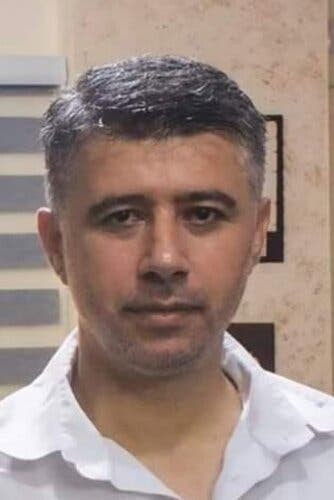
Musa Dudin
Late last month, Mr. Nelson, the Treasury Department official, flew to Turkey to urge the Turkish government to stop sheltering Hamas’s money.
“It’s the highest priority in our building,” he said in an interview this month. The department recently added Mr. Dudin, Mr. Al-Shawa and others to the financial blacklist. Mr. Al-Shawa said he was appealing the decision.
Mr. Erdogan has given no indication that he intends to recognize those sanctions. After the Oct. 7 attacks, he declared that Hamas was not a terrorist organization, but a “liberation group.”
Americans “are the only ones who set the law in the world and all others follow,” Hasan Turan, a member of Parliament from Mr. Erdogan’s governing party, said in a recent interview. “It is not acceptable.”
Mr. Turan even met with Mr. Al Ahmar, the former Trend investor, last month to discuss ways to support the Palestinians.
The value of Trend’s stock, which is still traded on the Istanbul exchange, has more than doubled since it was added to the sanctions list. During that same period, two Trend shareholders now under sanction sold $4.3 million in stock, corporate filings show. Asked if that money went to Hamas, the company’s chairman said he did not know and it would be inappropriate to ask.
And as recently as this year, Hamas-tied companies and people under sanction were still able to hold Turkish bank accounts in U.S. dollars, banking records reviewed by The Times show, despite ostensibly being cut off from the American financial system.
Mr. Pardo, the former Mossad chief, said he did not know what happened after he left in 2016. But “from the results,” he said, “you can judge that they had a lot of money.”
“I believe that if someone would have chased the money and stopped it,” he added, “we wouldn’t be seeing the results of what we see today.”
Mr. Levy, the former Harpoon deputy, grows emotional when he talks about the Hamas money. “I want to do everything we can to prevent war,” he said. “I really believed that we could do that by going after the financial infrastructure of terrorist groups. But we have to be serious.”
Ronen Bergman contributed reporting from Tel Aviv, and Patrick Kingsley from Jerusalem.
Israel-Hamas War: Live Updates
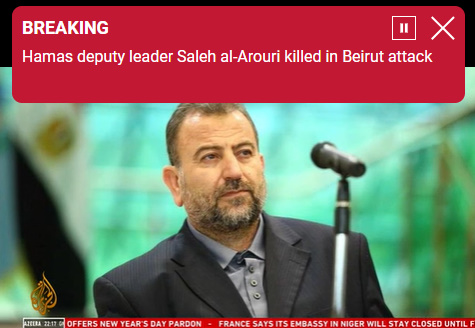
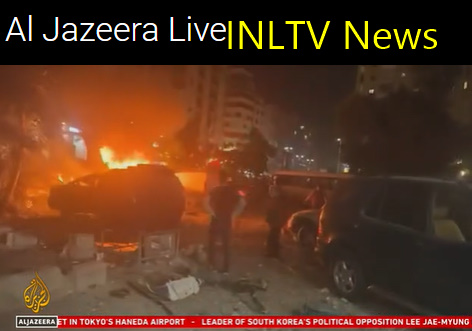
Saleh al-Arouri Senior Hamas official killed in Israel Drone Strike Musharafieh Beirut, Lebanon
The audacious attack hit Hamas’s office in Musharafieh, a southern suburb of Beirut. Senior Hamas official
Saleh al-Arouri was Saleh al-Arouri Senior Hamas official killed in Israel Drone Strike Musharafieh Beirut, Lebanon
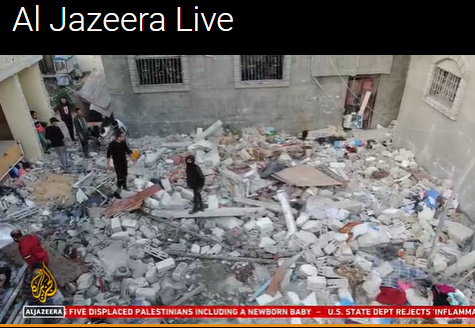
Saleh al-Arouri Senior Hamas official killed in Israel Drone Strike Musharafieh Beirut, Lebanon

Saleh al-Arouri Senior Hamas official killed in Israel Drone Strike Musharafieh Beirut, Lebanon
Turkey detains 34 on suspicion of spying for Israel - BBC News
https://www.bbc.com/news/
- World Africa Asia Australia Europe Latin America Middle East US & Canada
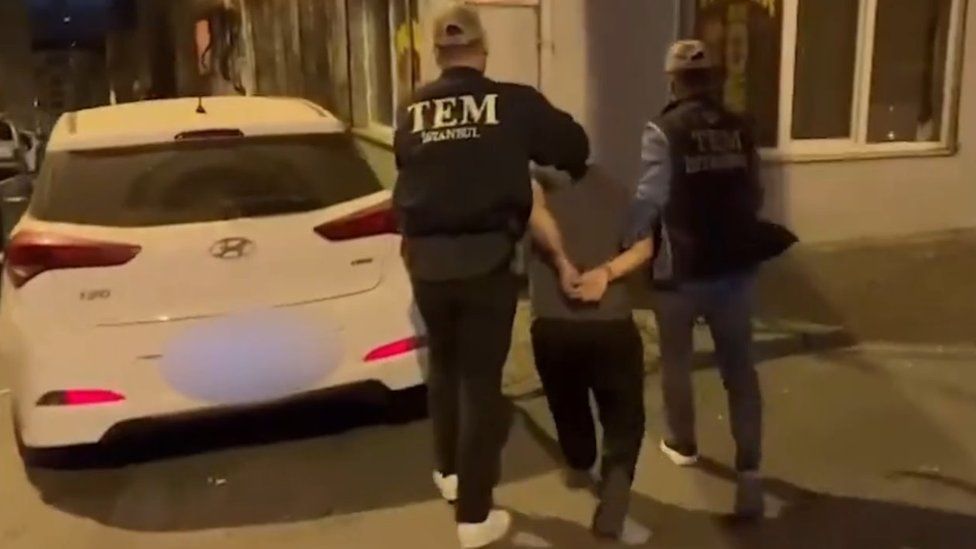
- Turkish authorities released video of some of the raids it said had targeted Israeli intelligence
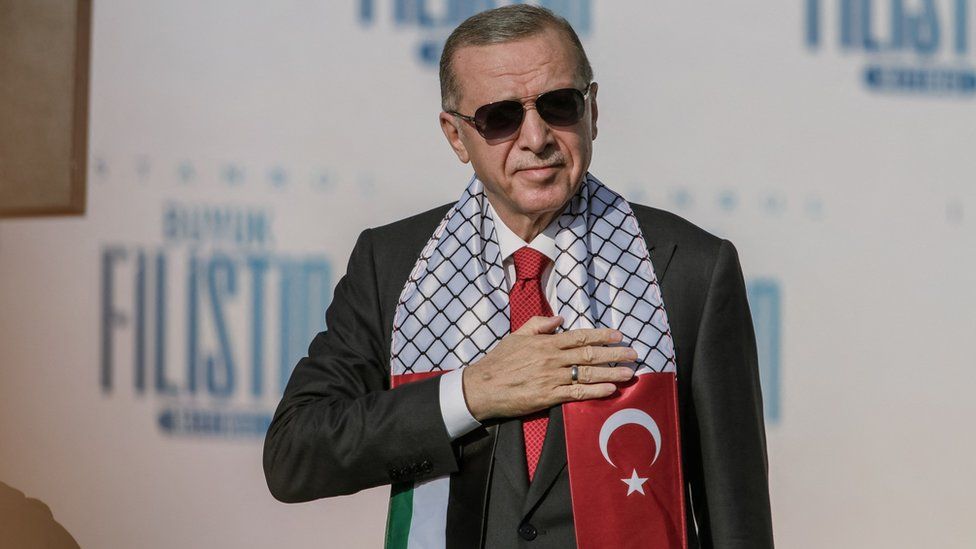
Recep Tayyip Erdogan has long been a vocal supporter of the Palestinians
-
Turkey says it has seized 34 people who are alleged to have been involved in spying and planning abductions for Israel's Mossad intelligence agency.
Officials said 57 addresses were raided in Istanbul and elsewhere and they were still searching for 12 more suspects.
There was no immediate comment from Israel, but relations between the two countries have declined dramatically during Israel's war with Hamas.
Interior Minister Ali Yerlikaya shared video of Operation Mole taking place.
He said authorities had moved in after they had decided that Israeli intelligence was seeking to carry out "tactical tasks such as reconnaissance, pursuit, assault, and kidnapping against foreign nationals residing in our country".
Although he made no reference to Hamas, Turkey's President, Recep Tayyip Erdogan, issued a warning last month to Israel that it would be "doomed to pay a heavy price" if it tried to assassinate members of Hamas on Turkish soil.
Unlike the UK, US and EU, Turkey does not categorise Hamas as a terrorist organisation and for years has maintained ties with its leadership, hosting some of its members on Turkish soil.
President Erdogan has even described Hamas militants as "liberators who protect their land".
In November, Israeli Prime Minister Benjamin Netanyahu and Defence Minister Yoav Gallant made clear that they would target Hamas chiefs wherever they were.
In November, Israeli Prime Minister Benjamin Netanyahu and Defence Minister Yoav Gallant made clear that they would target Hamas chiefs wherever they were.
An undated recording was broadcast in Israel days later in which the head of Shin Bet domestic security, Ronen Bar, was heard saying the cabinet had set the agency the goal of eliminating Hamas.
"We will do this everywhere, in Gaza, in the West Bank, in Lebanon, in Turkey, in Qatar. It will take a few years but we will be there to do it," he was quoted as saying.
The death of Hamas's deputy political leader in Lebanon, Saleh al-Arouri, in an explosion in Beirut on Tuesday was immediately blamed on Israel by Lebanon's Iran-backed armed group Hezbollah.
Video of some of the Turkish raids posted by the interior minister showed police bursting into people's flats, handcuffing suspects and putting them into police cars.
However, this is not the first time Turkish officials have highlighted operations targeting purported Mossad agents.
In 2022, dozens of people were arrested on suspicion of spying on Palestinian citizens. Then last July, Turkey's MIT intelligence agency named seven suspects it said had confessed to working for Mossad.
Turkish popular and political opinion is broadly behind the Palestinians and a big anti-Israel rally took place in the heart of Istanbul on Monday.
What is behind Turkey's staunch support for Hamas in Gaza?
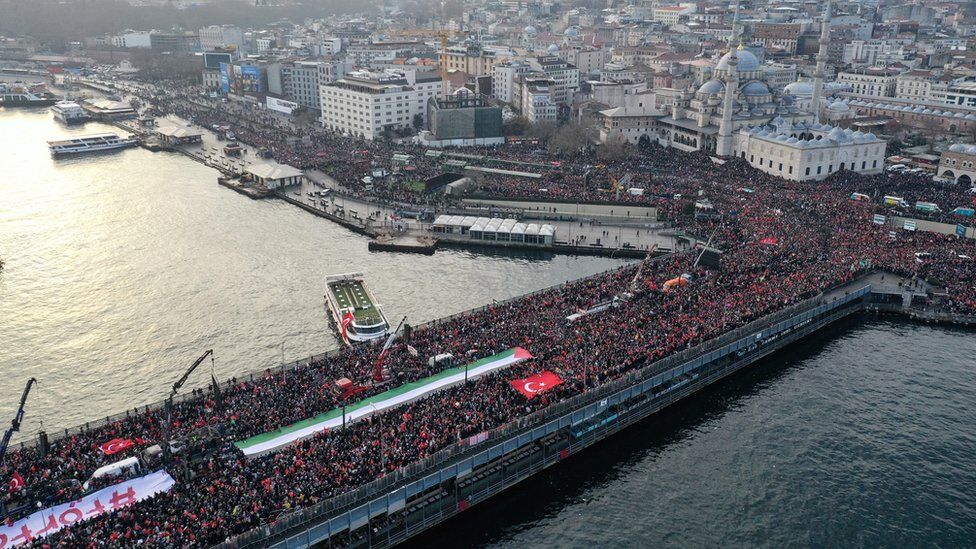
Tens of thousands of Turks held a pro-Palestinian demonstration on 1 January
- What is behind Turkey's staunch support for Hamas in Gaza? - BBC News
- Israel-Gaza war

Recep Tayyip Erdogan has long been a vocal supporter of the Palestinians
On the first day of the year, tens of thousands of Turks poured on to the streets of Istanbul, chanting "Murderer Israel, get out of Palestine".
It was not the first massive pro-Palestinian rally in Turkey since the start of Israel-Gaza war on 7 October.
But Monday's mass protest followed incendiary remarks by Turkish President Recep Tayyip Erdogan.
Since he first came to power more than 20 years ago, Turkey has been a staunch supporter of the Palestinians, including Hamas.But even by Mr Erdogan's standards, the rhetoric was extreme. What Israel's prime minister was doing in Gaza, he said, "is not any less than what Hitler did".
Israeli PM Benjamin Netanyahu hit back, saying "Erdogan, who commits genocide against the Kurds, who holds a world record for imprisoning journalists who oppose his rule, is the last person who can preach morality to us"
Mr Erdogan has made comparisons with Nazi Germany in the past, but the current war of words has put into sharp focus just how bitter Turkish-Israeli relations have become, just months after a significant upturn.
In the latest broadside against Israel, Turkey announced on Tuesday that it had detained 33 people suspected of working for Israeli intelligence service Mossad in raids across eight provinces.
The operation, carried out with Turkey's MIT intelligence agency, followed reports that Israel intended to hunt down members of Hamas abroad, including in Turkey.
Turkey has stepped up support for Gaza since 7 October, for example bringing dozens of patients from Gaza to Turkey for treatment. Turkey's health minister himself accompanied the casualties en route from Egypt.
The operation, carried out with Turkey's MIT intelligence agency, followed reports that Israel intended to hunt down members of Hamas abroad, including in Turkey.
Turkey has stepped up support for Gaza since 7 October, for example bringing dozens of patients from Gaza to Turkey for treatment. Turkey's health minister himself accompanied the casualties en route from Egypt.
When Hamas attacked Israel, Mr Erdogan used relatively measured language, urging both sides to remain calm. But as Israel's military response intensified, his rhetoric became increasingly fierce, calling Hamas "freedom fighters" and Israel's actions "genocide".
This hostility to Israel plays to President Erdogan's support base in Turkey, says Helin Sari Ertem, Associate Professor of International Relations at Istanbul Medeniyet University.
"Palestine has long been a cause for Turkey and the Turkish people, covering almost all political tendencies," she says. "Consequently, it is not possible for Turkish governments to consider the Palestine-Israeli conflict only as a foreign policy issue; as it definitely is a game-changer in domestic politics."
Warming to Hamas
In the second half of the 20th Century, Israel and Turkey enjoyed close economic and strategic relationships. Turkey was also the first country in the region to formally recognise Israel after it was founded.
But it was not long after Recep Tayyip Erdogan came to office in 2002 that relations with Israel deteriorated while those with Hamas improved. In 2006, then-Hamas leader Khaled Meshaal visited Turkey following an invitation from Mr Erdogan. Hamas had by then been designated a terrorist group by Israel, the US and the EU, amongst others.
The first diplomatic crisis between Israel and Turkey played out before a world audience when in 2009, Mr Erdogan stormed out of a meeting during the World Economic Forum in Davos after a clash with Israel's then-President Shimon Peres over Israeli air strikes in Gaza.
The Turkish leader vowed to never go back to Davos - and he has not returned since.
But just a year later tensions reached breaking point when a ship, the Mavi Marmara, sailed from Istanbul to Gaza with volunteers and humanitarian aid to challenge Israel's maritime blockade of the Gaza Strip.
When the Mavi Marmara refused to halt, Israeli commandos raided it in international waters and 10 Turkish citizens on board were killed in ensuing clashes. The incident led Turkey to suspend diplomatic relations with Israel for several years.
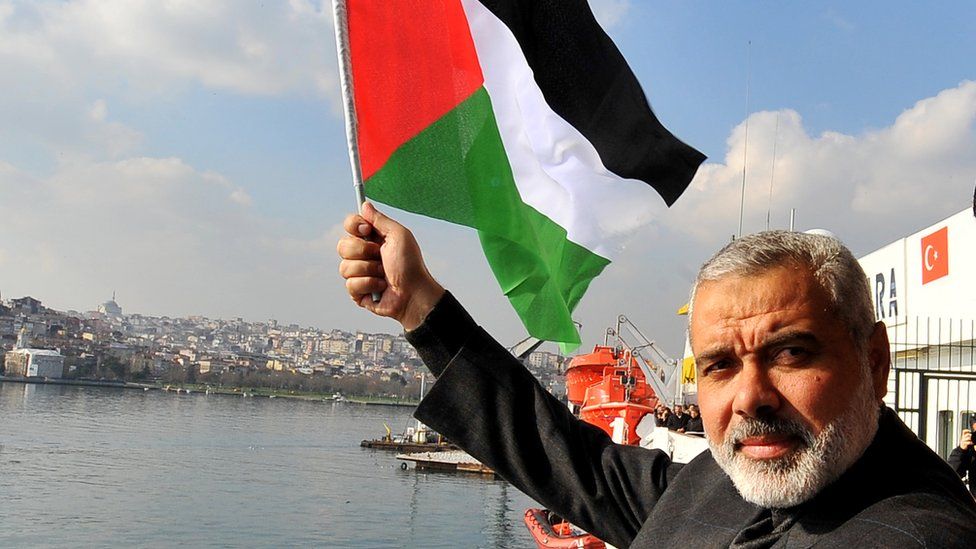
According to Ms Sari Ertem, Turkey's pivot away from Israel and towards the Palestinians is due to the conservative and pro-Islamic grassroots of Mr Erdogan's AKP party.
While Mr Erdogan's support for the Palestinians is sincere, she says it also aimed at calming down the conservative-nationalist political groups, which did not see sufficient reaction from the AKP in the first days of the war.
The head of the main opposition Republican People's Party in Turkey, Ozgur Ozel, called on the international community to act for Gaza, and the leader of the second biggest opposition party, Meral Aksener, has branded the Israeli prime minister a "terrorist".
However, this support for Hamas has come at a cost for Turkey.
Turkey's frayed relationship with Israel was restored only last year and then, within months of both countries reappointing their ambassadors, the war erupted. Turkey recalled its ambassador, and Israel's envoy returned out of security concerns.
Giorgio Cafiero, CEO of Gulf State Analytics, a Washington DC-based geopolitical risk consultancy, says President Erdogan is unlikely to change path.
"He has his domestic supporters and constituents, and he can't ignore such pressure coming from within Turkey and his base," Mr Cafiero argues.
He also says the president cannot ignore his desire to be considered as a strong Muslim leader.
"Erdogan is a respected head of state throughout the wider Islamic world, and he has regional and international supporters, too."
Despite the rupture between the two countries, Ms Sarı Ertem believes it will not be too damaging.
"The anti-Israeli discourse, which becomes very much visible especially at times of serious civilian casualties caused by Israel on the Palestinian side, rarely disrupts the traditional Turkish foreign policy approach, which favours a balancing act," she says.
"It has always continued its relations with Israel at least economically, if not politically. Turkish-Israeli relations have proved to be quite resilient despite all the ups and downs during history."
- Follow live: Latest updates
- Gaza: How much damage has been done?
- History behind the story: The Israel-Palestinian conflict
- Israel's borders explained in maps
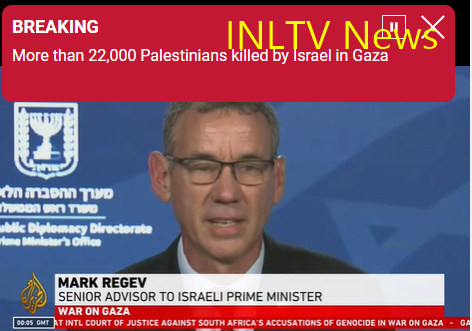
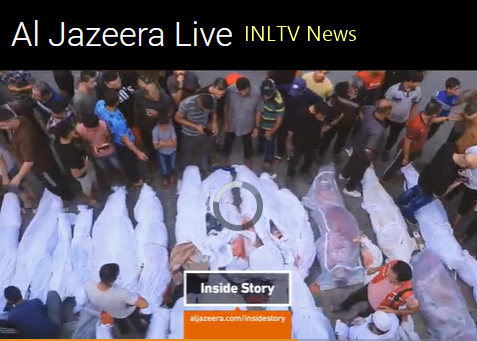
Saleh al-Arouri Senior Hamas official killed in Israel Drone Strike Musharafieh Beirut, Lebanon
Israel steps up bombardment of Gaza after killing of Hamas leader
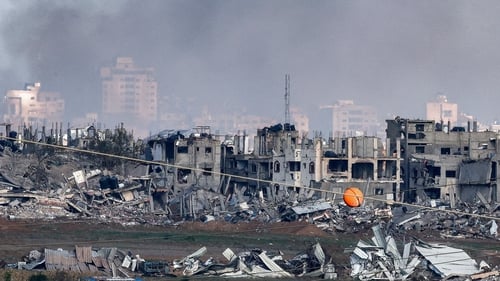
A view of buildings destroyed by Israeli bombardment in central Gaza from a position across the border in southern Israel
Israeli forces intensified their bombing of Gaza and told civilians to leave a refugee c
amp in the north of the Palestinian enclave after the war stretched into Lebanon with the killing in Beirut of the Hamas deputy leader.
Israel has neither confirmed nor denied that it killed Saleh al-Arouri in a drone strike in the Lebanese capital yesterday.
But military spokesperson Rear Admiral Daniel Hagari said Israeli forces were in a high state of readiness and prepared for any scenario.
The assassination was a further sign that the nearly three-month war between Israel and Hamas was spreading across the region, drawing in the occupied West Bank, Hezbollah forces on the Lebanon-Israel border, and even Red Sea shipping lanes.
Arouri, 57, who lived in Beirut, was the first senior Hamas political leader to be assassinated since Israel began its offensive against the militant group in response to its attack into Israel on 7 October.

Hamas deputy chief Saleh Arouri was killed in the attack
Hamas politburo member Hossam Badran said in a eulogy for Arouri: "We say to the criminal occupation (Israel) that the battle between us is open."
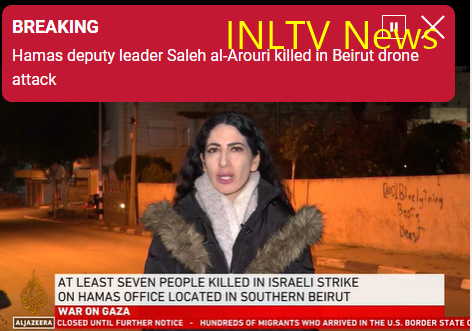
Saleh al-Arouri Senior Hamas official killed in Israel Drone Strike Musharafieh Beirut, Lebanon
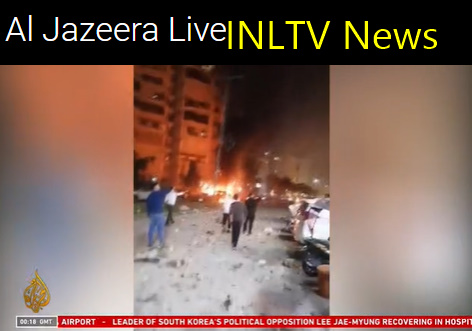
Saleh al-Arouri Senior Hamas official killed in Israel Drone Strike Musharafieh Beirut, Lebanon
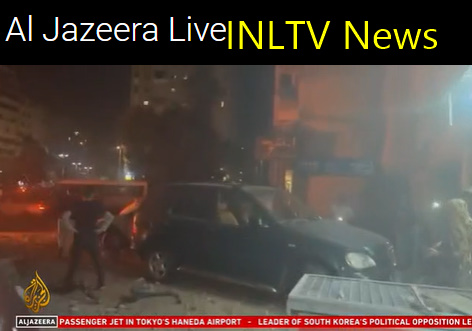
Saleh al-Arouri Senior Hamas official killed in Israel Drone Strike Musharafieh Beirut, Lebanon
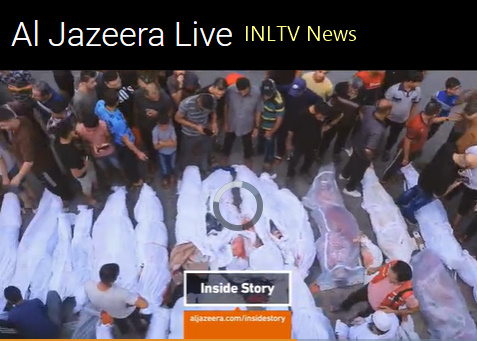
Saleh al-Arouri Senior Hamas official killed in Israel Drone Strike Musharafieh Beirut, Lebanon
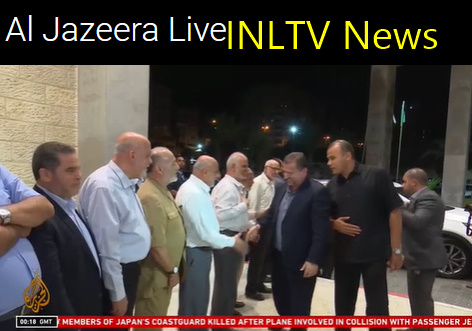
Saleh al-Arouri Senior Hamas official killed in Israel Drone Strike Musharafieh Beirut, Lebanon
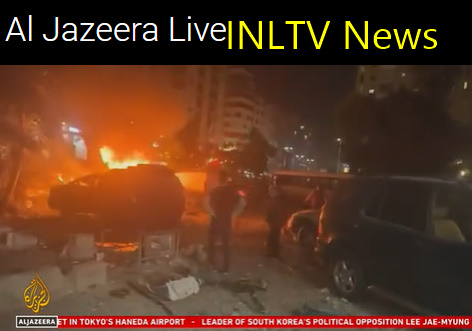
Saleh al-Arouri Senior Hamas official killed in Israel Drone Strike Musharafieh Beirut, Lebanon

images/Saleh al-Arouri Senior Hamas official killed in Israel Drone Strike Musharafieh Beirut, Lebanon
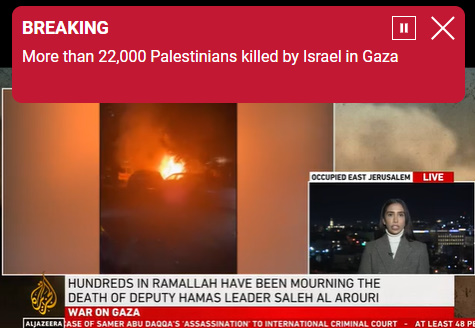
Saleh al-Arouri Senior Hamas official killed in Israel Drone Strike Musharafieh Beirut, Lebanon
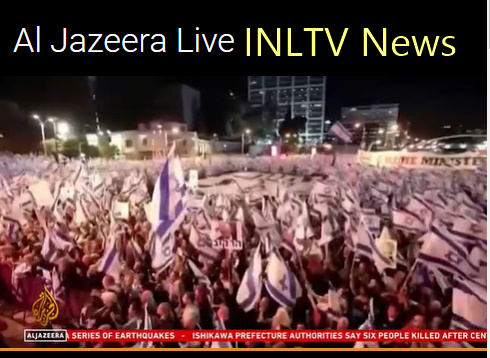
Saleh al-Arouri Senior Hamas official killed in Israel Drone Strike Musharafieh Beirut, Lebanon
Saleh al-Arouri Senior Hamas official killed in Israel Drone Strike Musharafieh Beirut, Lebanon
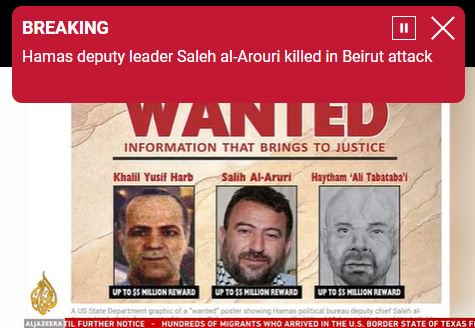
images/Saleh al-Arouri Senior Hamas official killed in Israel Drone Strike Musharafieh Beirut, Lebanon
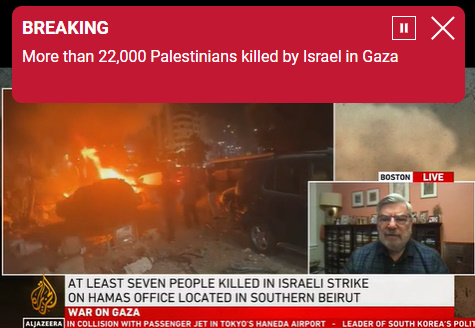
images/Saleh al-Arouri Senior Hamas official killed in Israel Drone Strike Musharafieh Beirut, Lebanon
Who was Saleh al-Aruri, Hamas deputy killed in Lebanon?
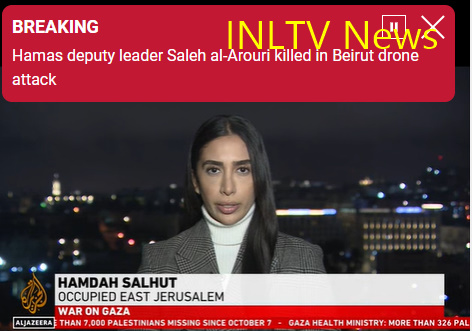
Saleh al-Arouri Senior Hamas official killed in Israel Drone Strike Musharafieh Beirut, Lebanon
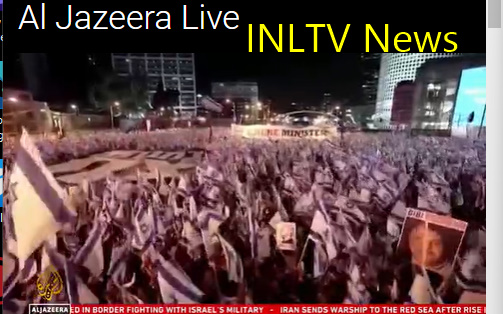
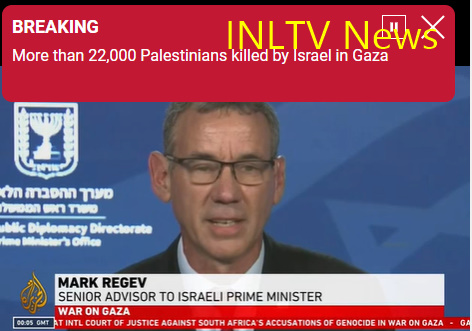
Saleh al-Arouri Senior Hamas official killed in Israel Drone Strike Musharafieh Beirut, Lebanon

Saleh al-Arouri Senior Hamas official killed in Israel Drone Strike Musharafieh Beirut, Lebanon
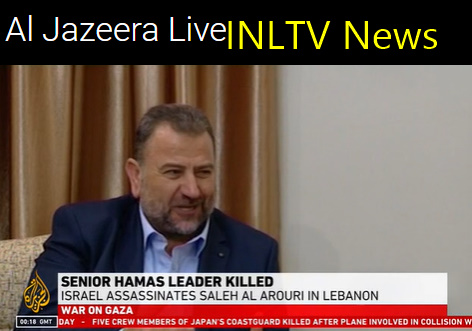
Saleh al-Arouri Senior Hamas Leader
Saleh al-Arouri Senior Hamas official killed in Israel Drone Strike Musharafieh Beirut, Lebanon

Saleh al-Arouri Senior Hamas official killed in Israel Drone Strike Musharafieh Beirut, Lebanon

Hamas deputy leader killed in explosion south of Beirut
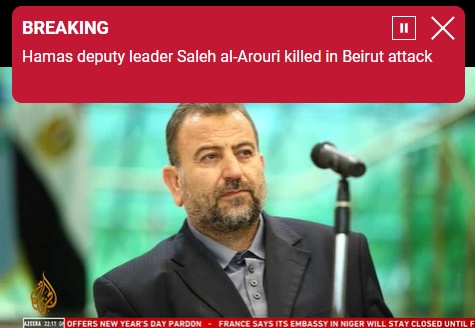
Saleh al-Arouri Senior Hamas official killed in Israel Drone Strike Musharafieh Beirut, Lebanon
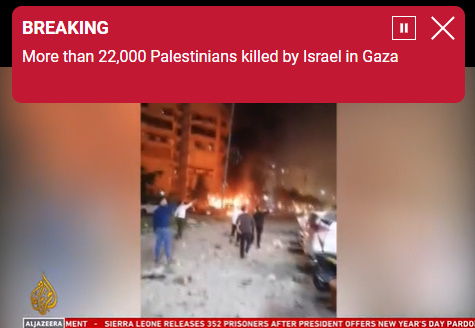
More than 20,000 Palestinians Killed in Gaza
Saleh al-Arouri Senior Hamas official killed in Israel Drone Strike Musharafieh Beirut, Lebanon
Saleh Arouri was one of four killed in an Israeli drone strike in the Lebanese capital, Hamas says
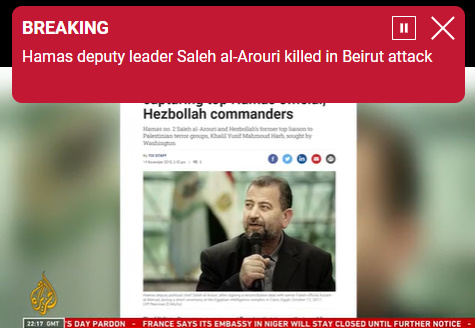
images/Saleh al-Arouri Senior Hamas official killed in Israel Drone Strike Musharafieh Beirut, Lebanon
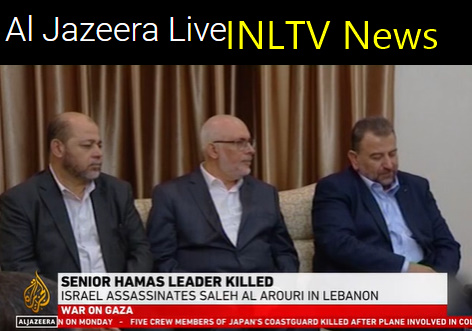
Senior Hamas Leaser Killed
Israel Assassinates Saleh al-Arouri Senior Hamas official In Lebanon
Saleh al-Arouri Senior Hamas official killed in Israel Drone Strike Musharafieh Beirut, Lebanon
Saleh al-Arouri Senior Hamas official killed in Israel Drone Strike Musharafieh Beirut, Lebanon
An explosion in Beirut on Tuesday killed Saleh Arouri, a top official with the Palestinian militant group Hamas and three others, officials with Hamas and the Lebanese group Hezbollah have confirmed.
Arouri, one of the founders of Hamas’s military wing, had headed the group’s presence in the West Bank. Israel’s Prime Minister Benjamin Netanyahu had threatened to kill him even before the Hamas-Israel war began on October 7.
Hezbollah leader Sayyed Hassan Nasrallah has vowed to retaliate against any Israeli targeting of Palestinian officials in Lebanon.
Hamas official Bassem Naim confirmed to The Associated Press that Arouri was killed in the blast. A Hezbollah official speaking on condition of anonymity in line with regulations also said Arouri was killed.
Israeli officials declined to comment.
Lebanon’s state-run National News Agency said the blast killed four people and was carried out by an Israeli drone.
The explosion shook Musharafieh, one of the Lebanese capital’s southern suburbs, which are a stronghold of the militant Hezbollah group, an ally of Hamas.
It caused a fire in Hadi Nasrallah Street south of Beirut.
Videos circulating on social media showed serious damage and fire.
The explosion came after more than two months of heavy exchanges of fire between Israeli troops and members of Hezbollah along Lebanon’s southern border.
Since the fighting began it has been concentrated a few miles from the border but on several occasions Israel’s air force hit Hezbollah targets deeper in Lebanon.
Earlier in the day, Hezbollah said its fighters carried out several attacks along the Lebanon-Israel border targeting Israeli military posts.
– Associated Press
Hamas deputy leader killed in explosion south of Beirut | Business Post
An explosion in Beirut on Tuesday killed Saleh Arouri, a top official with the Palestinian militant group Hamas and three others, officials with Hamas and the Lebanese group Hezbollah have confirmed.
Arouri, one of the founders of Hamas’s military wing, had headed the group’s presence in the West Bank. Israel’s Prime Minister Benjamin Netanyahu had threatened to kill him even before the Hamas-Israel war began on October 7.
Hezbollah leader Sayyed Hassan Nasrallah has vowed to retaliate against any Israeli targeting of Palestinian officials in Lebanon.
Hamas official Bassem Naim confirmed to The Associated Press that Arouri was killed in the blast. A Hezbollah official speaking on condition of anonymity in line with regulations also said Arouri was killed.































